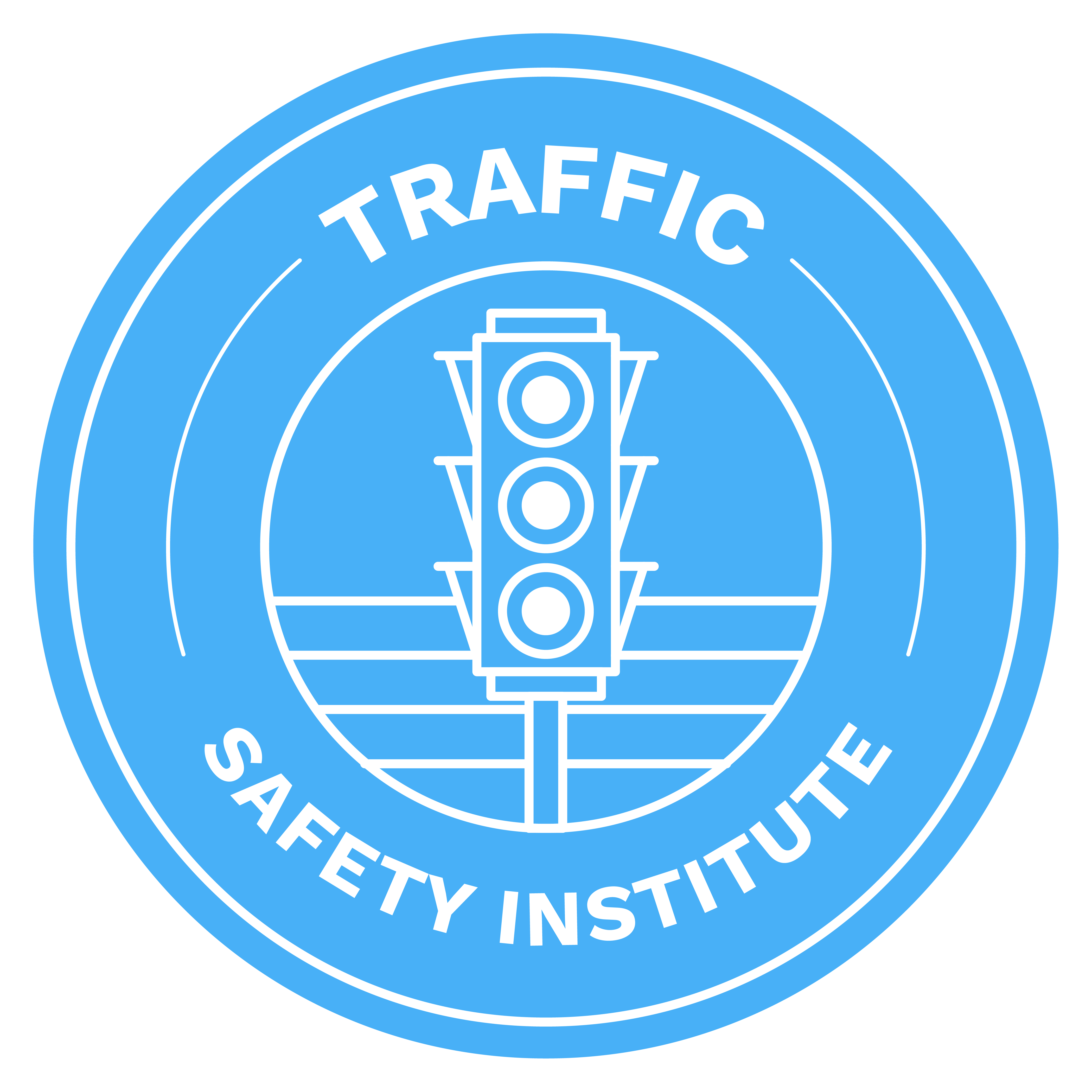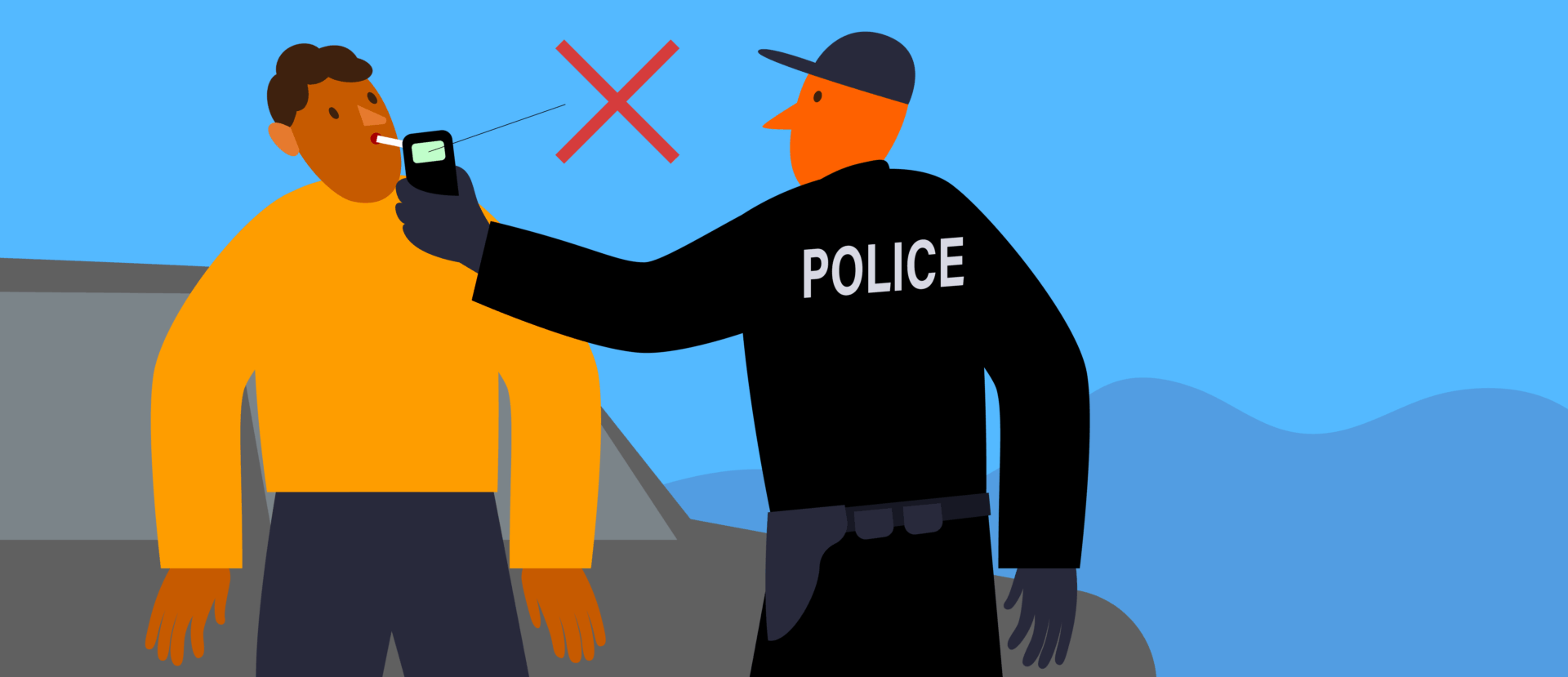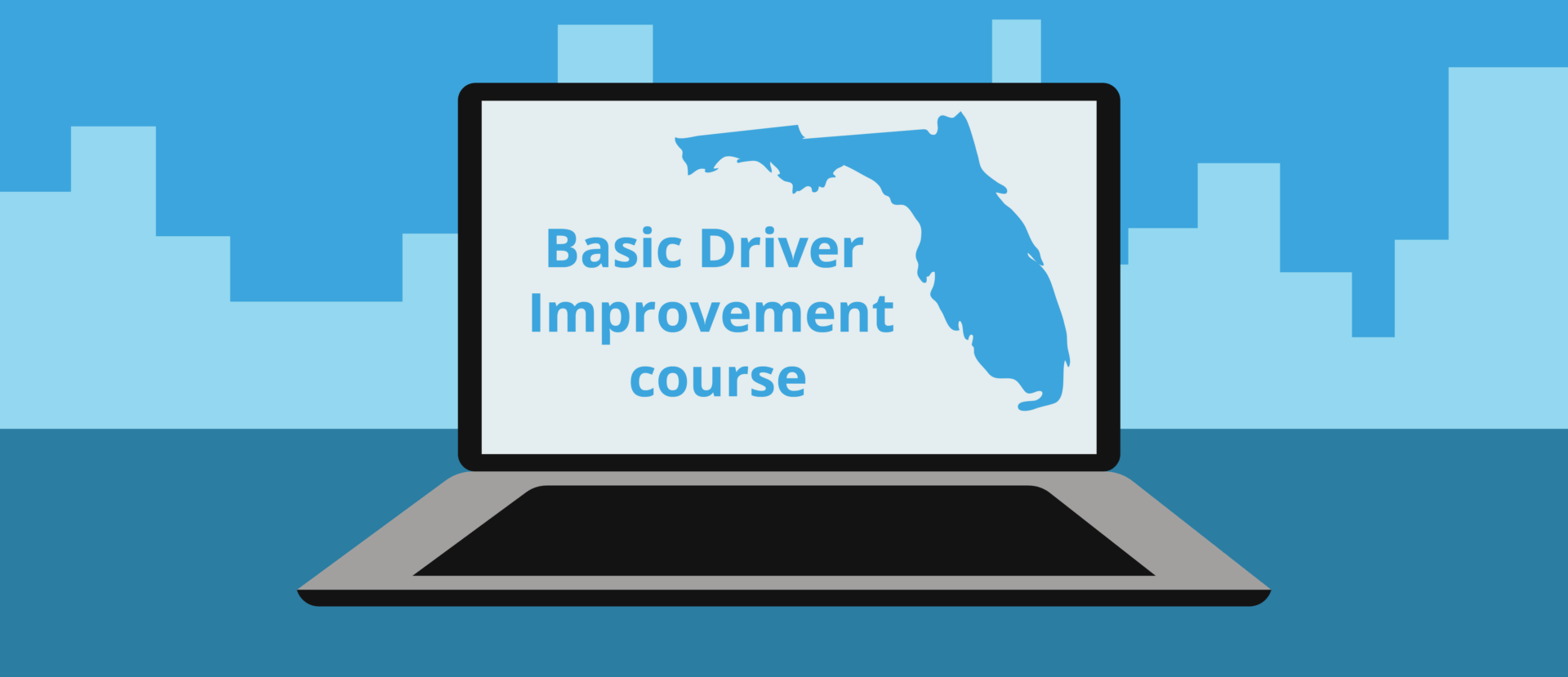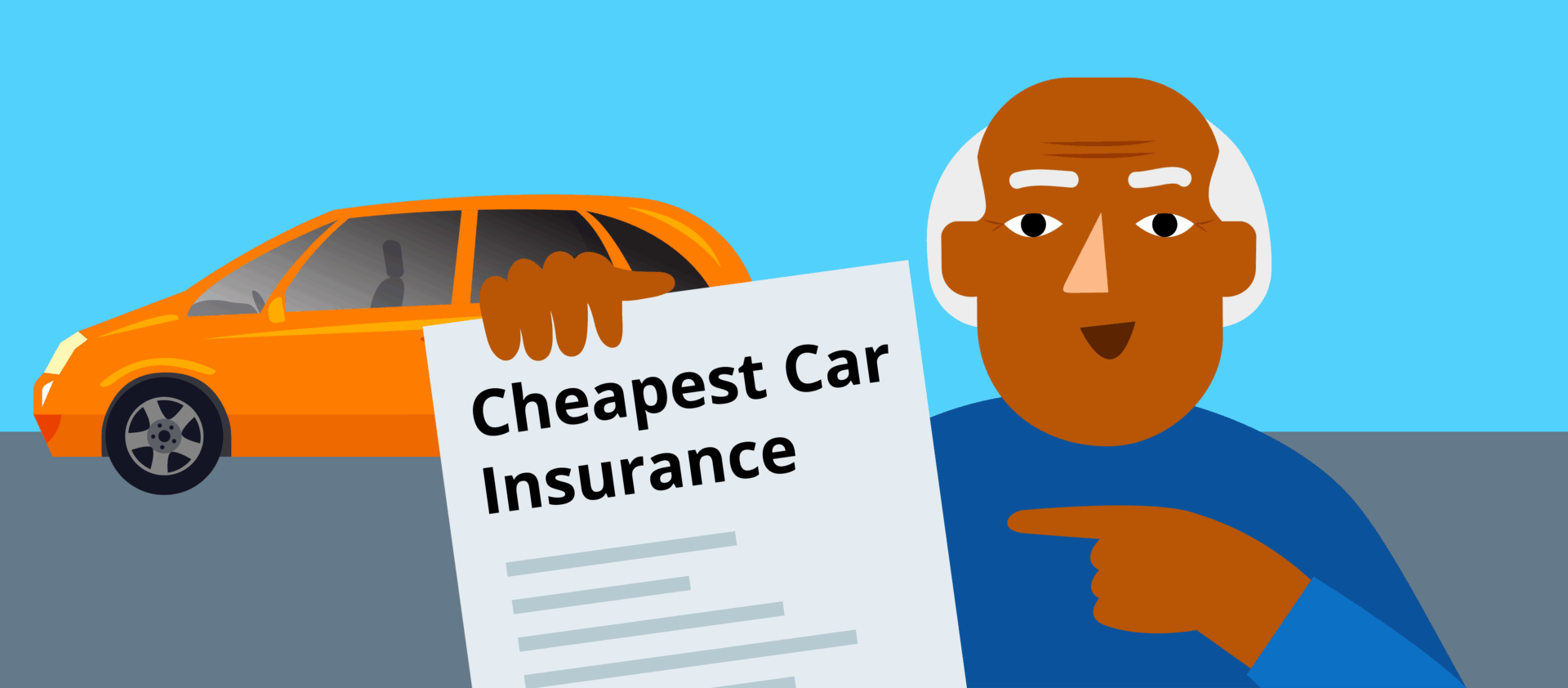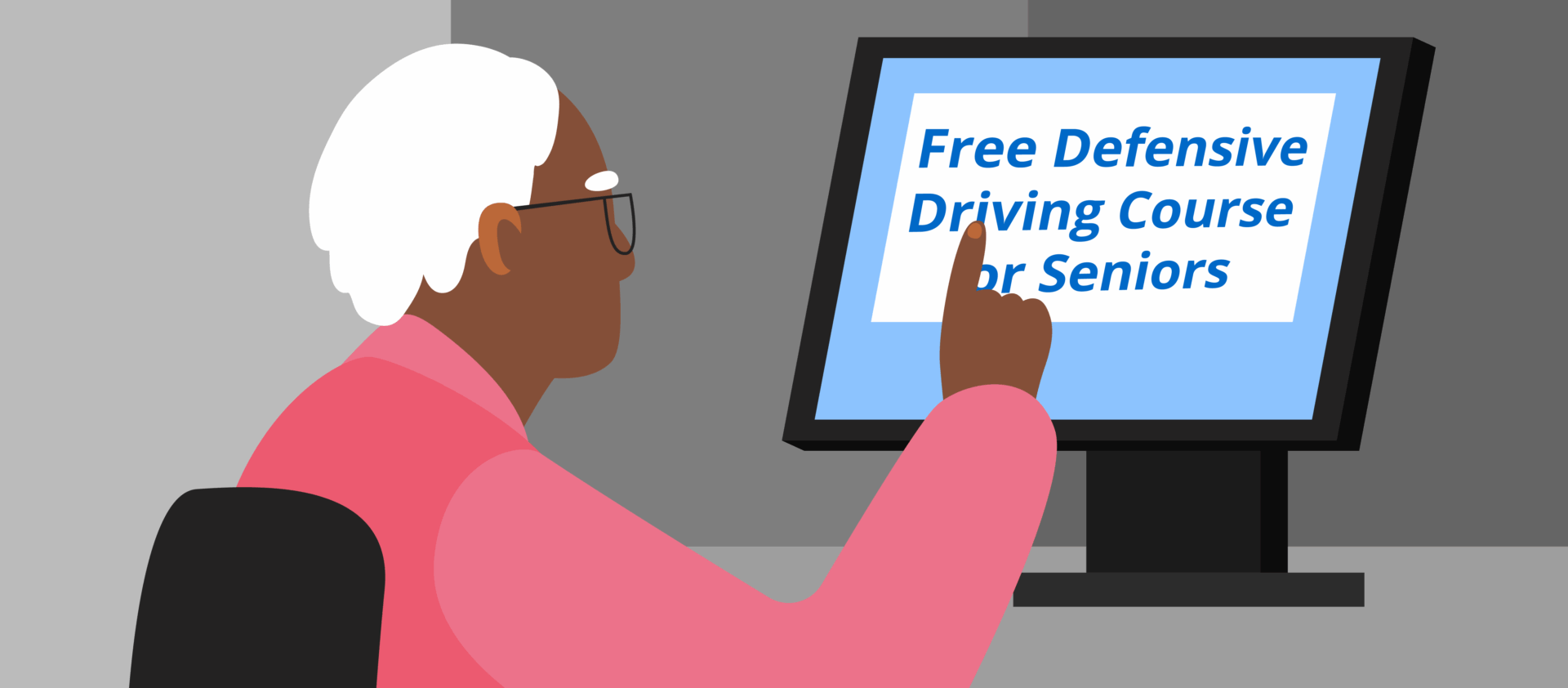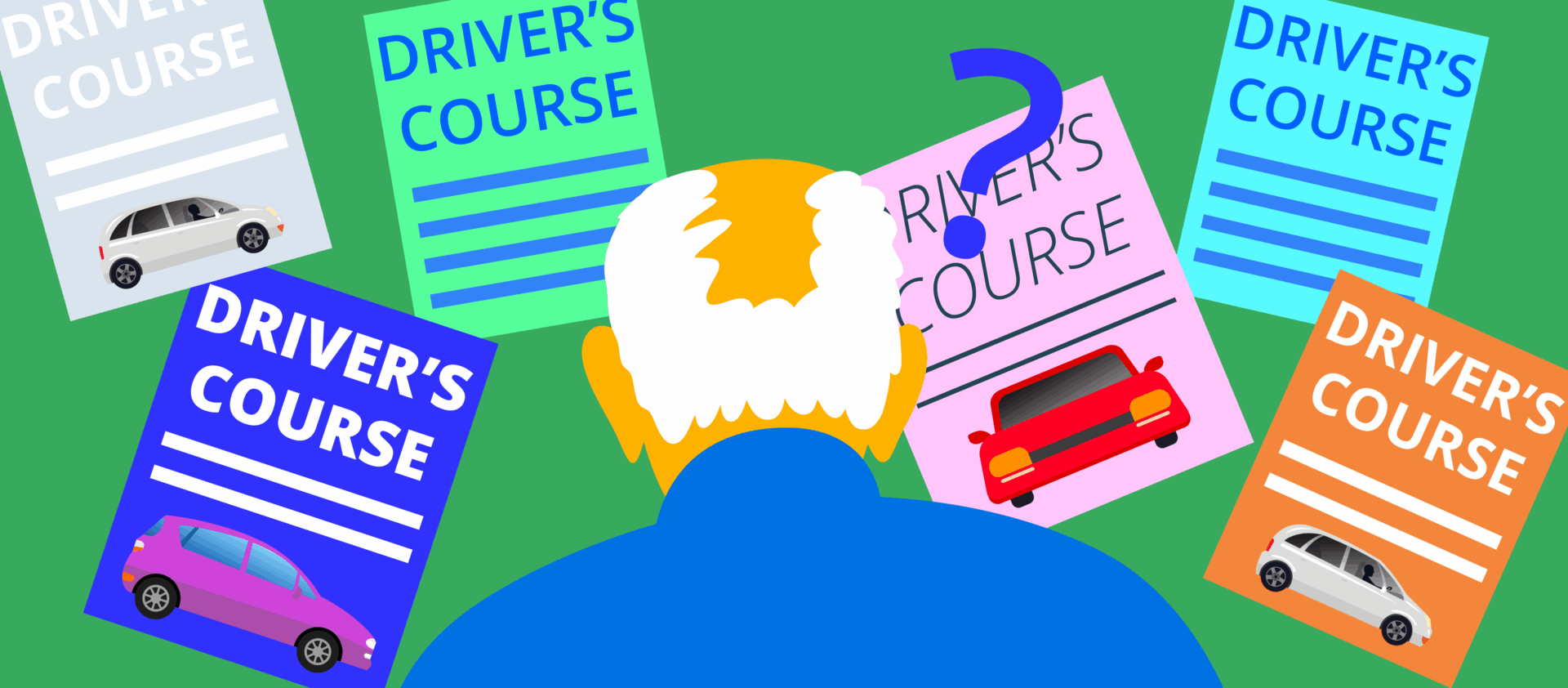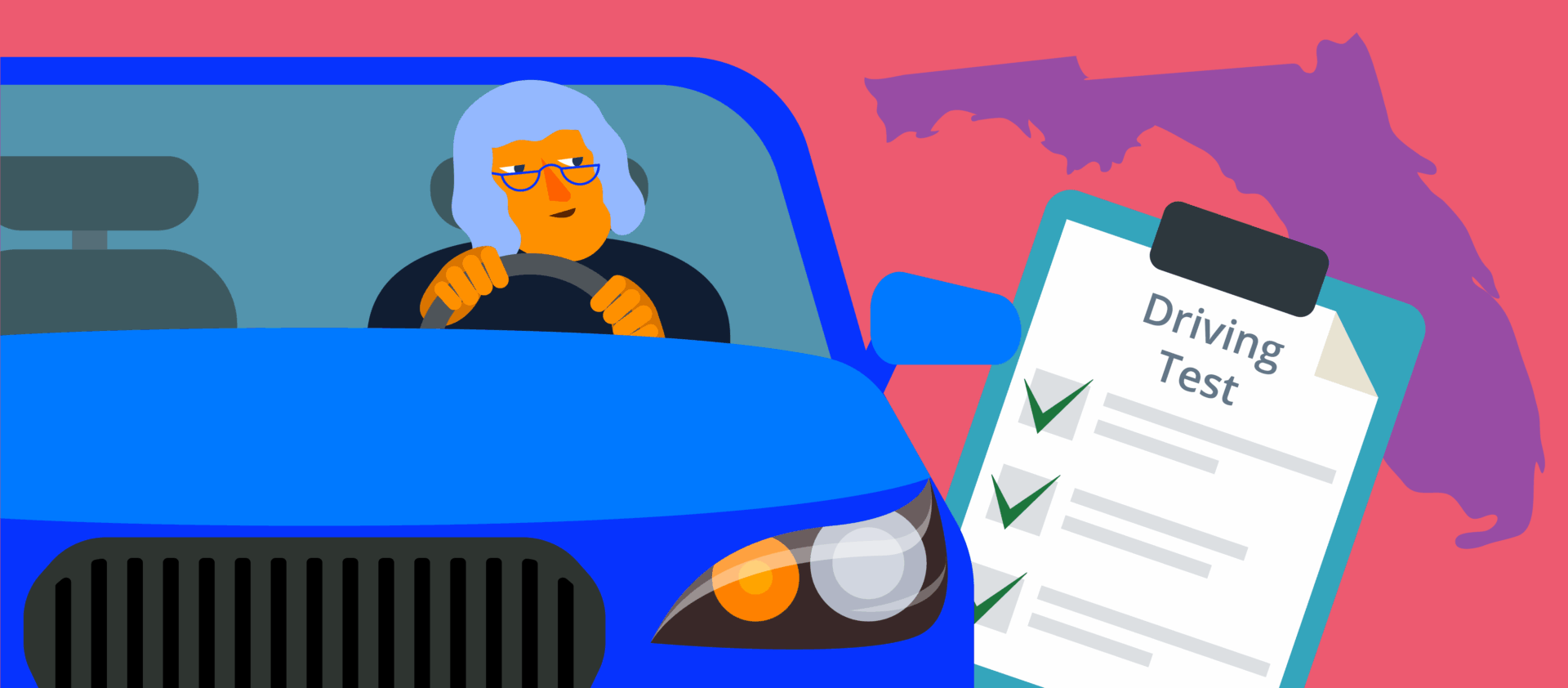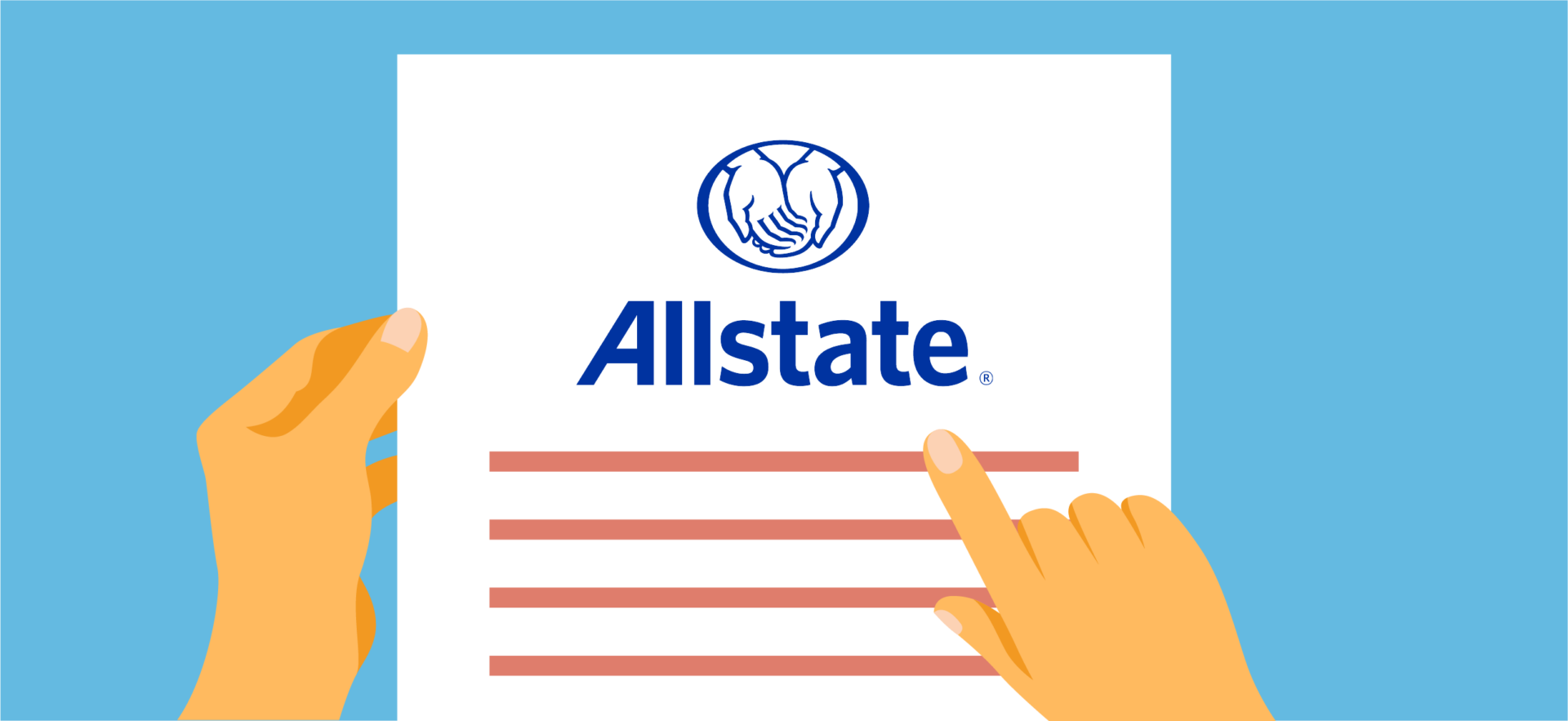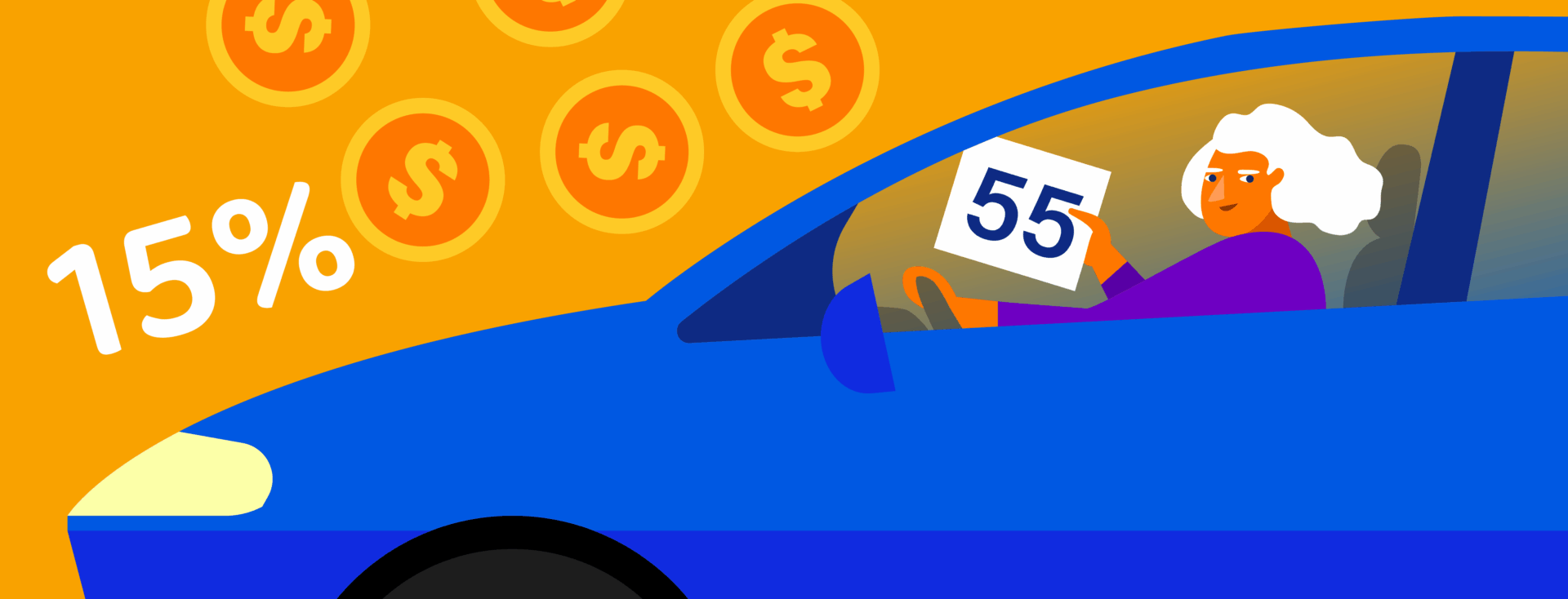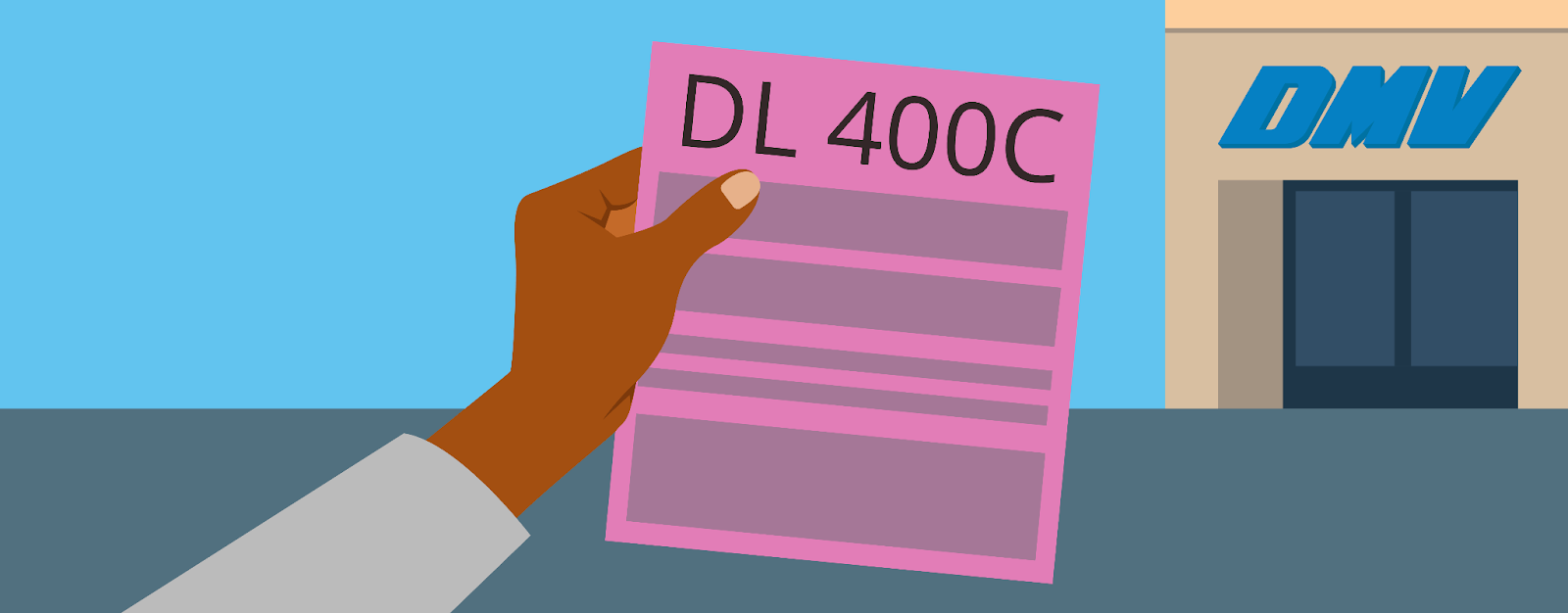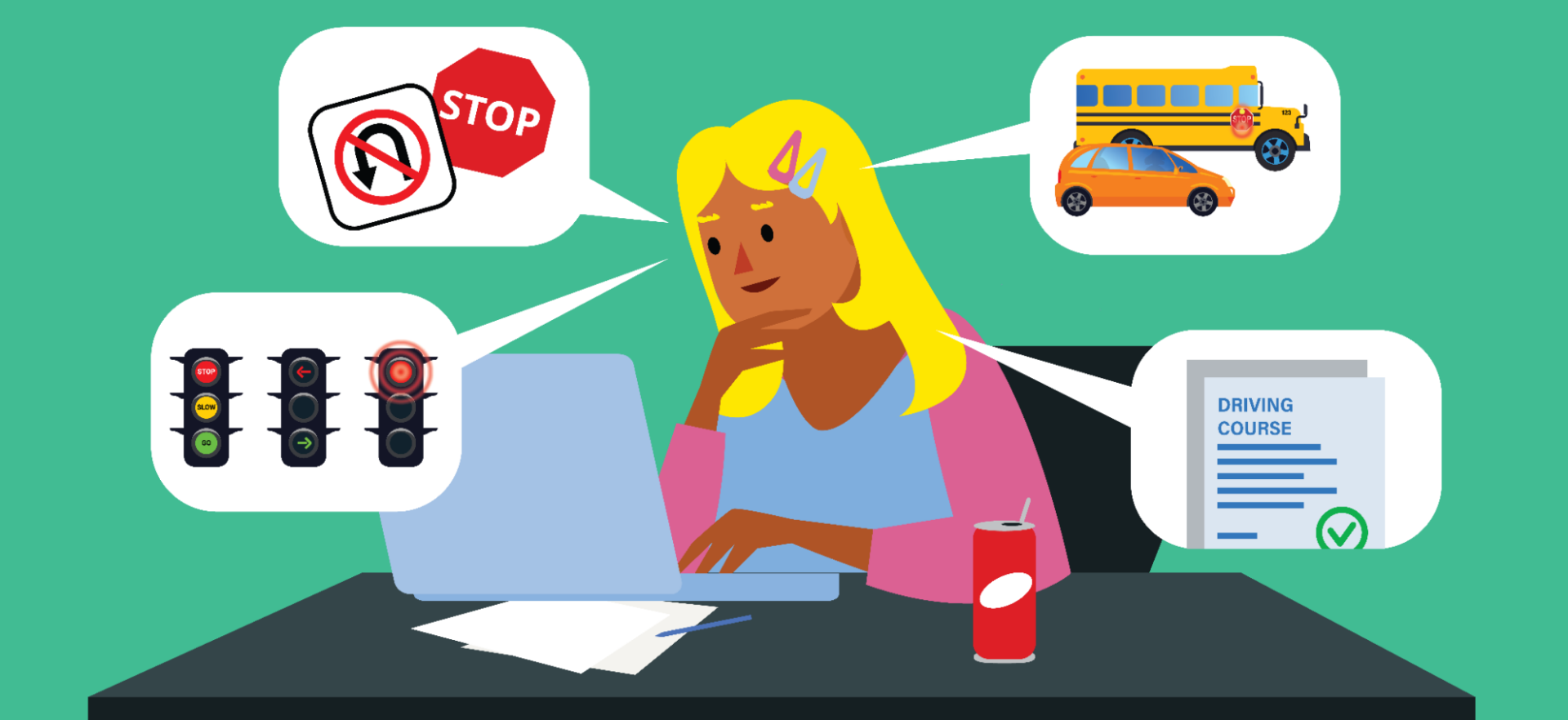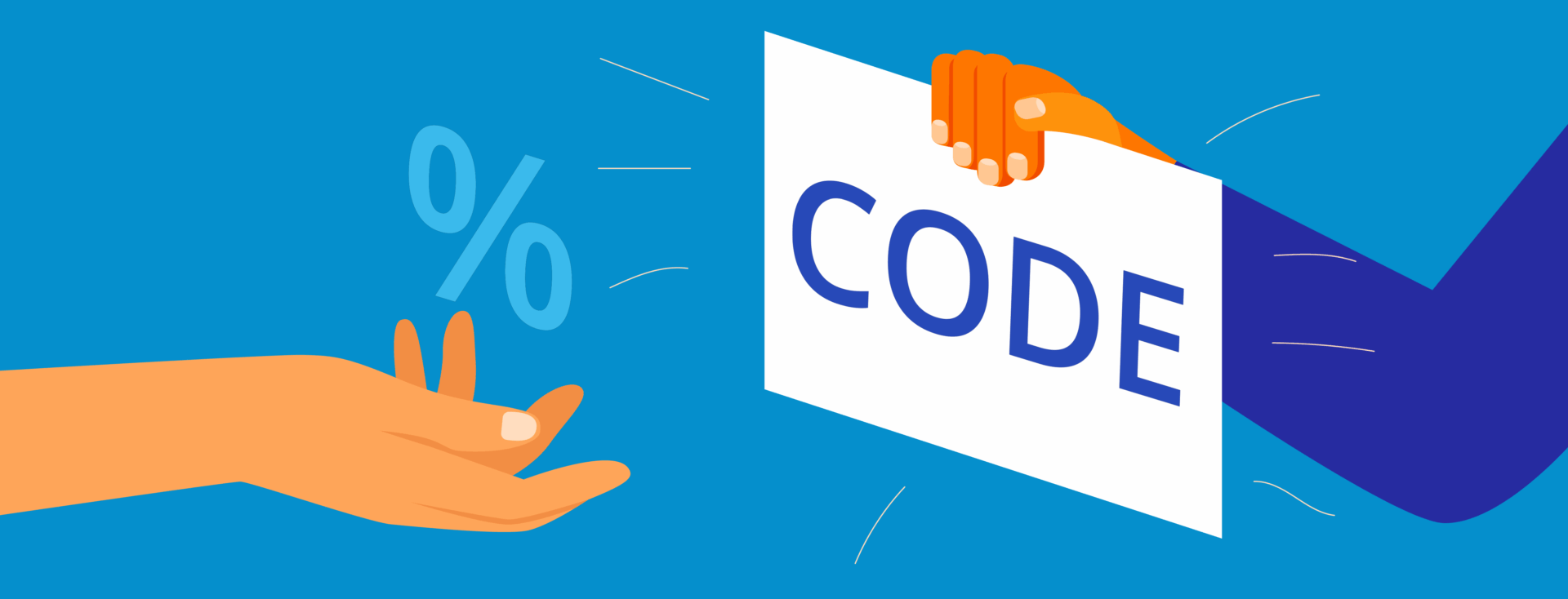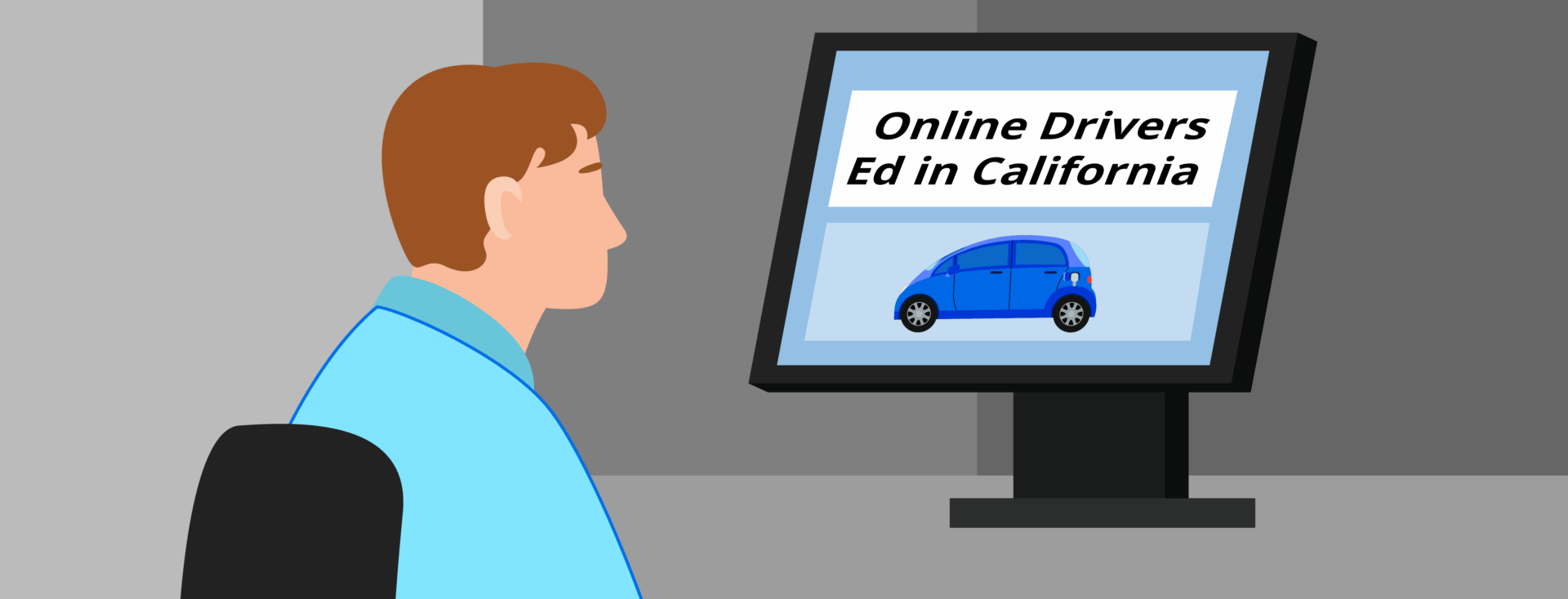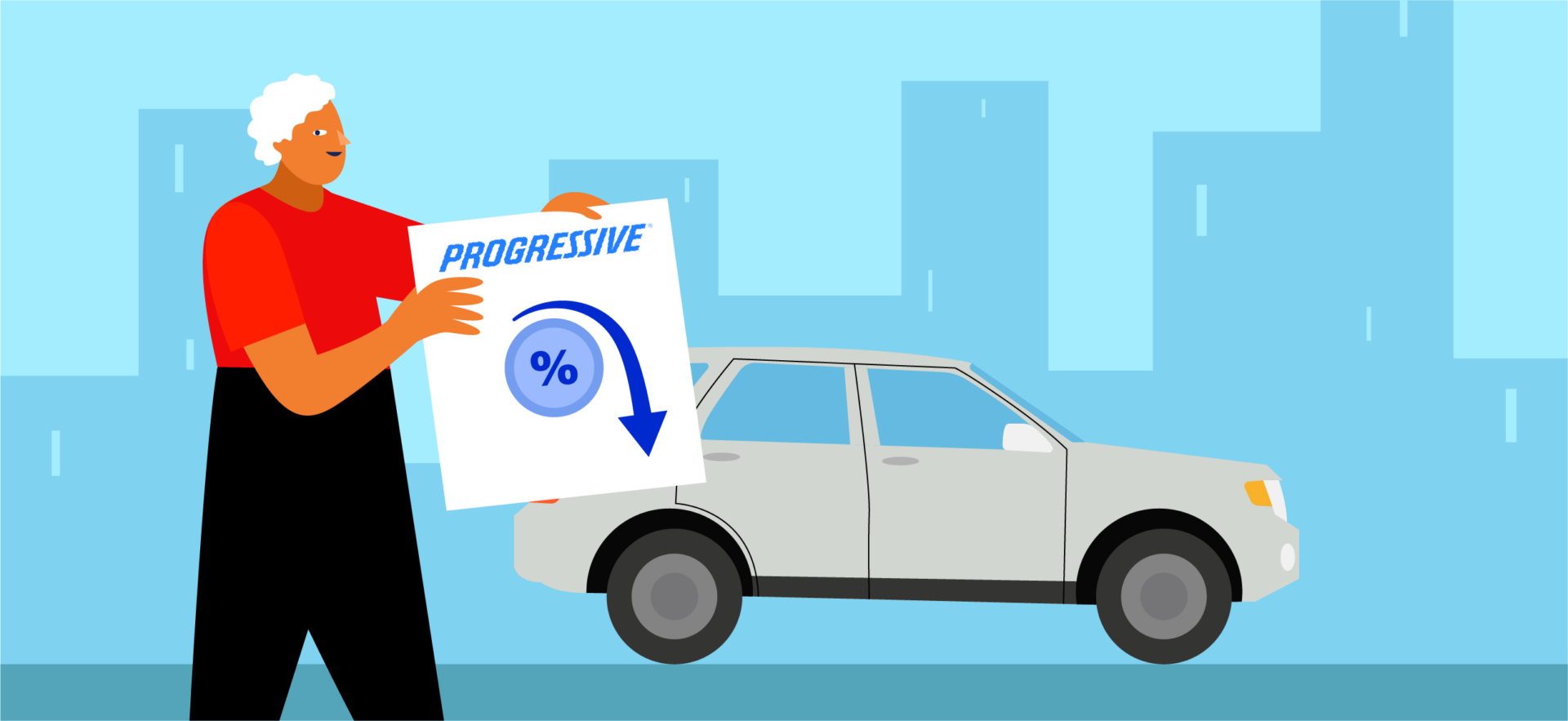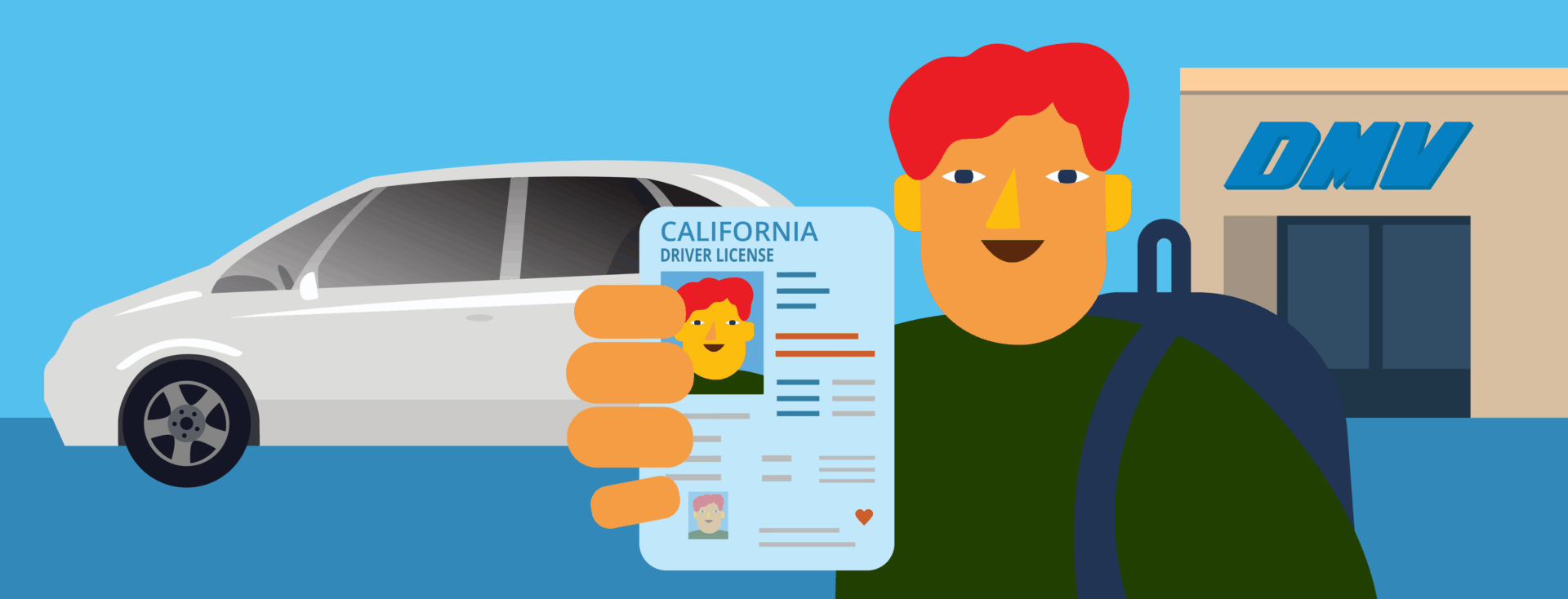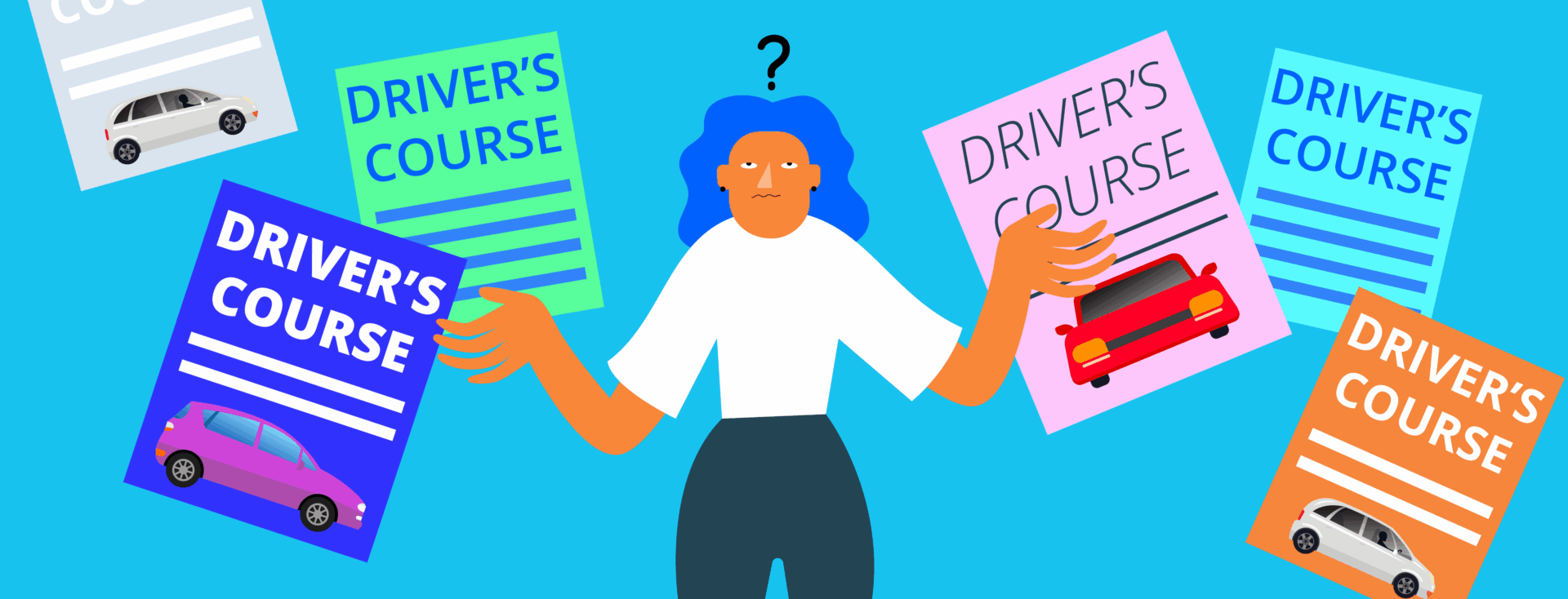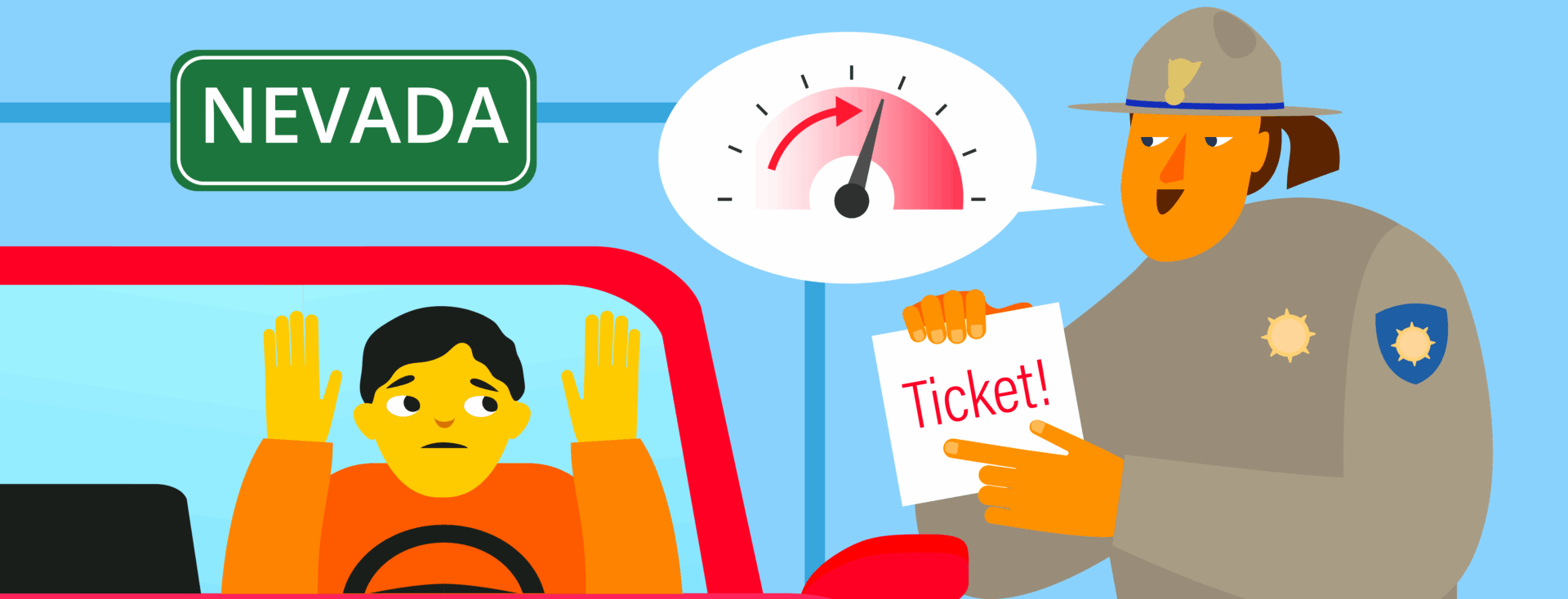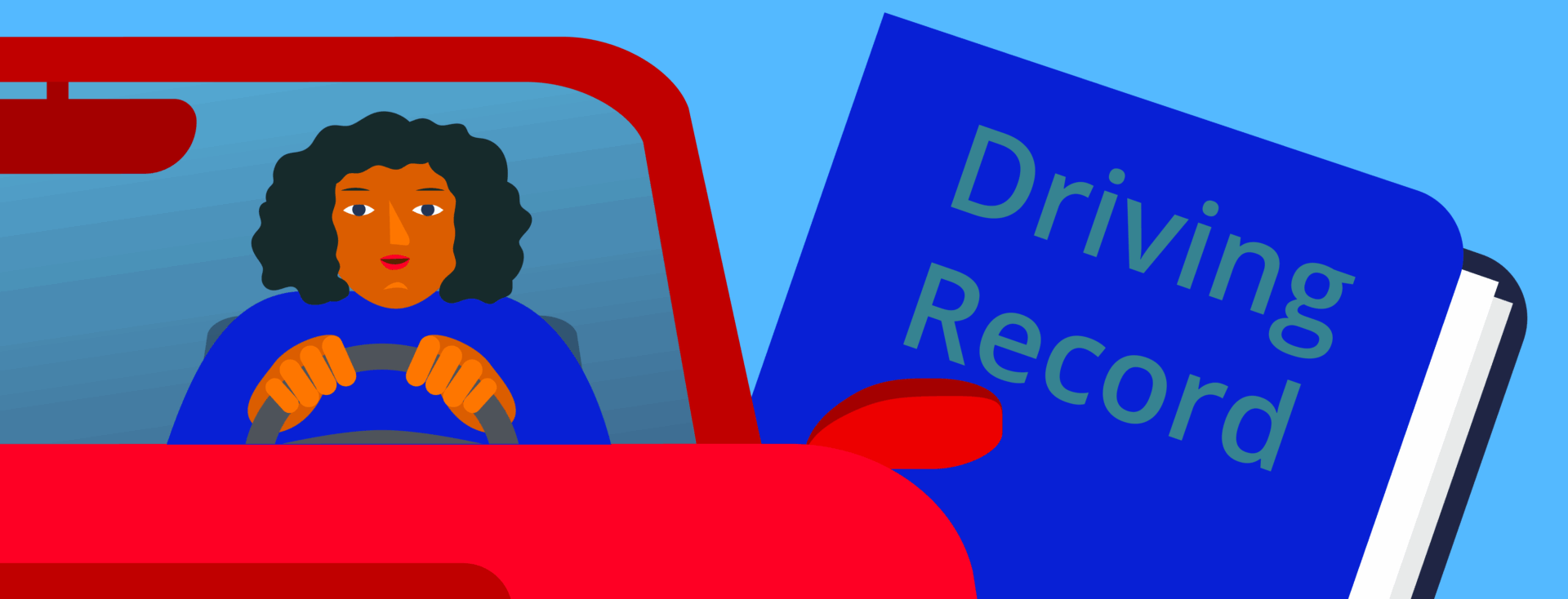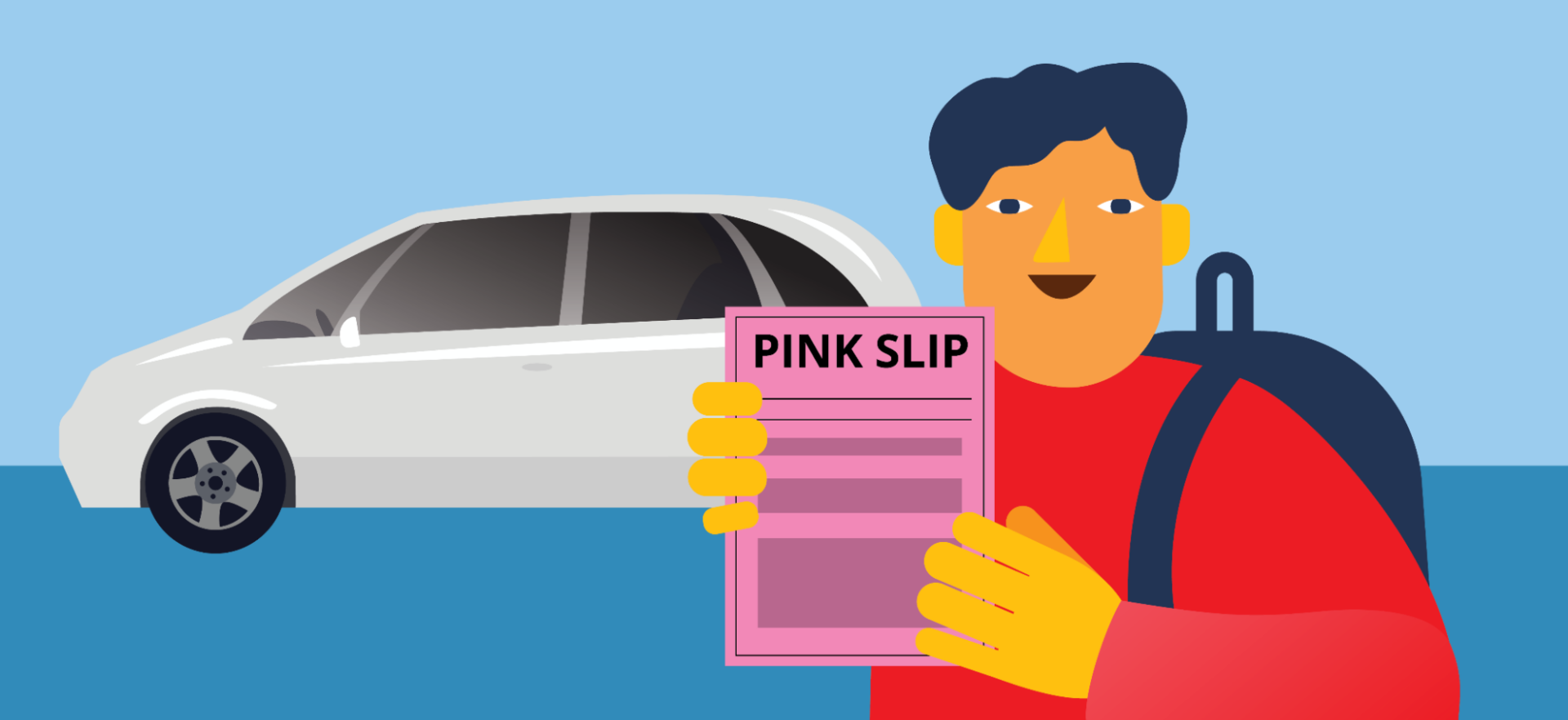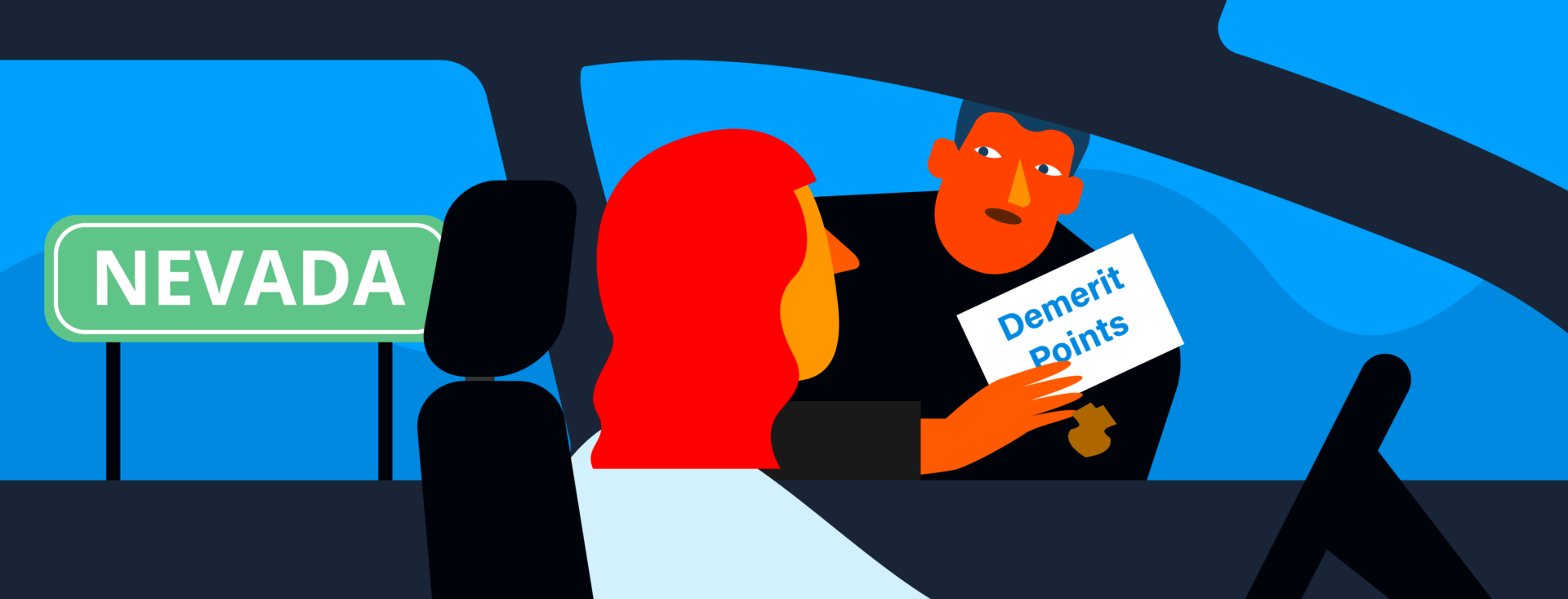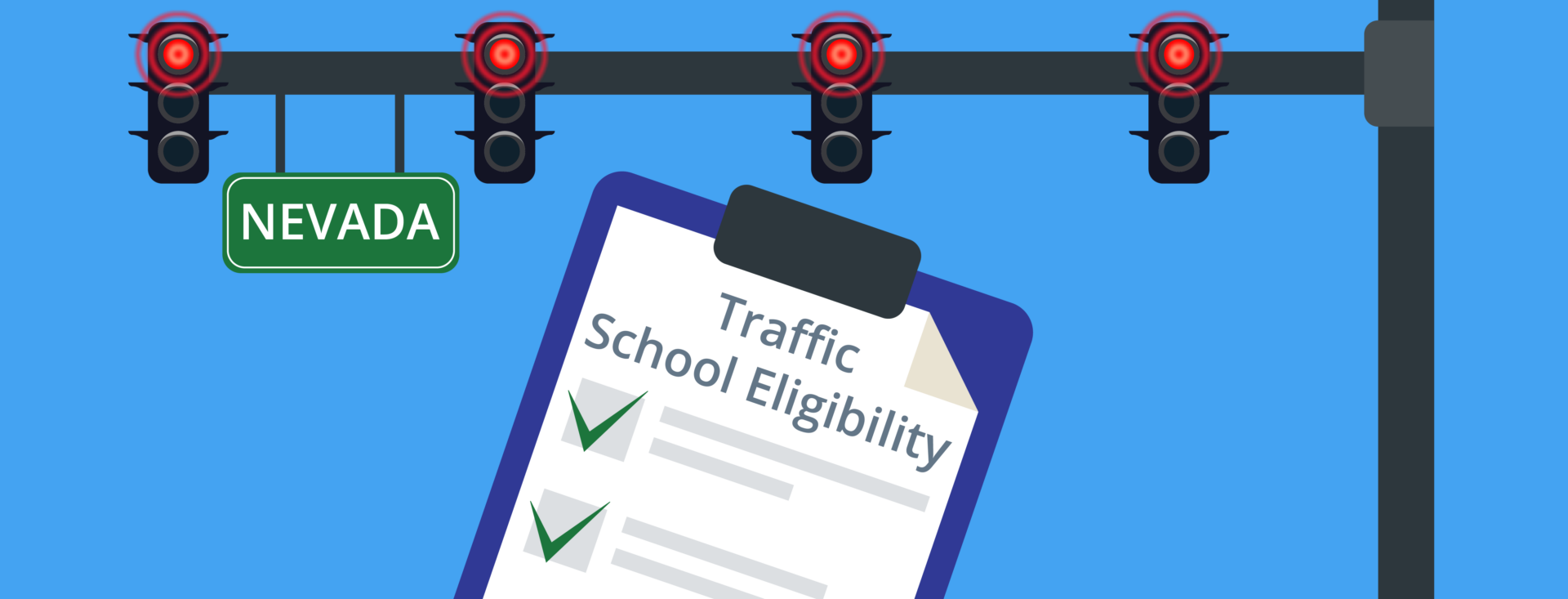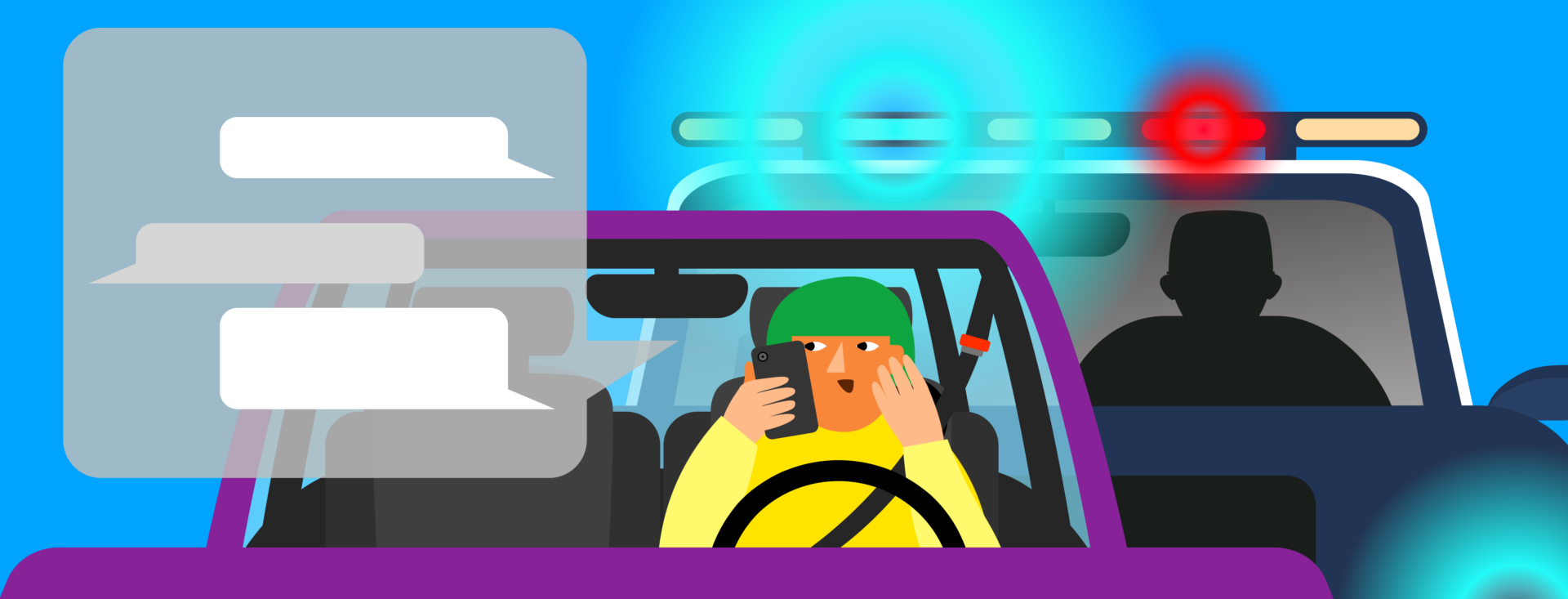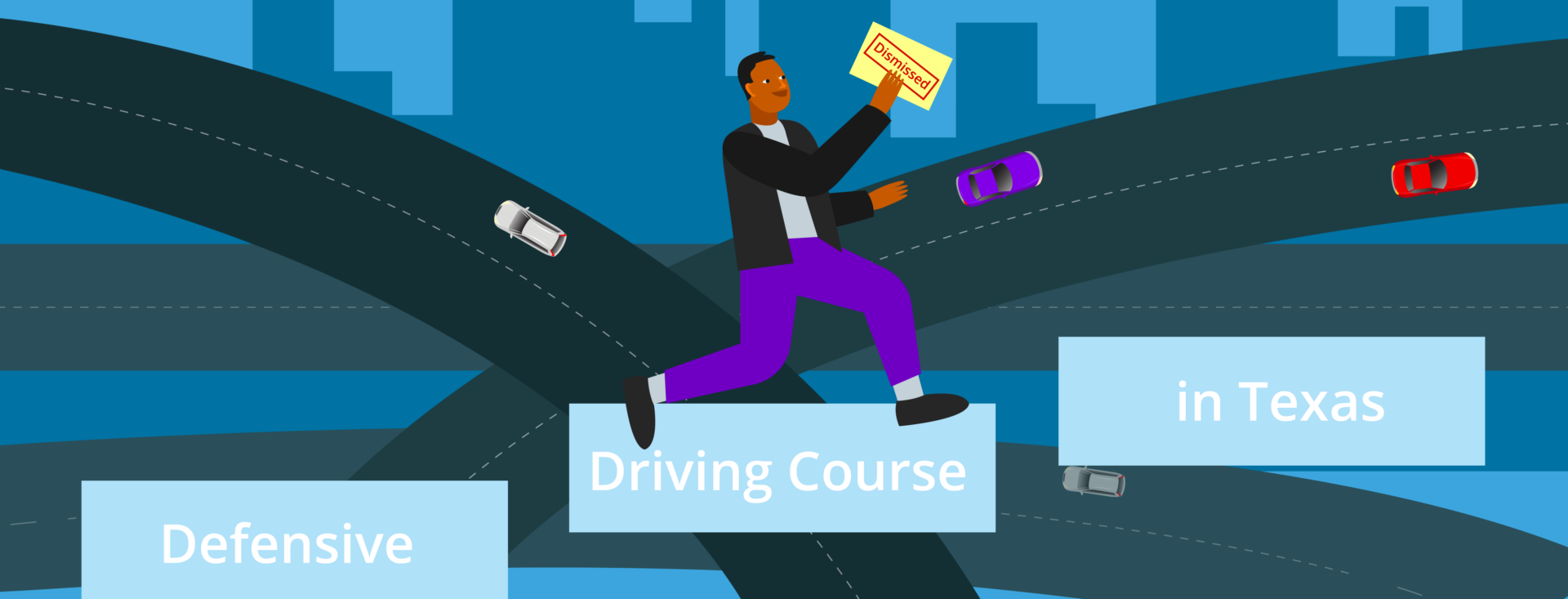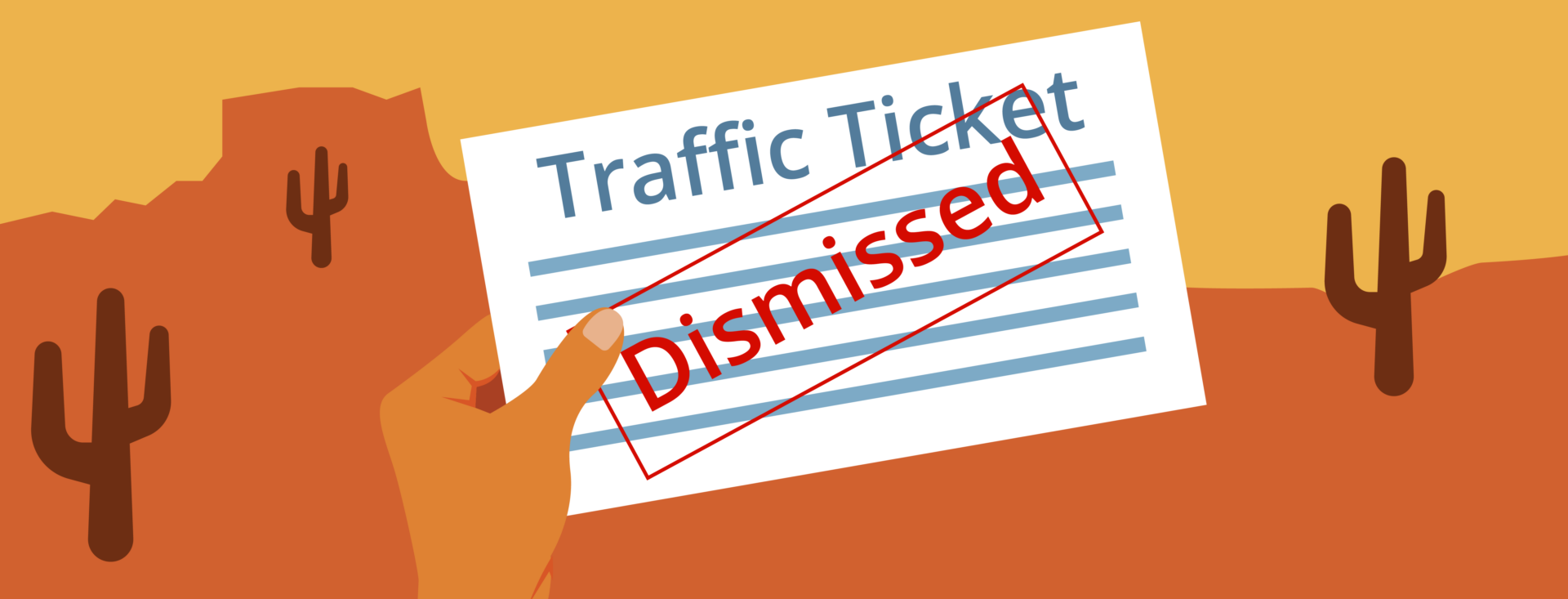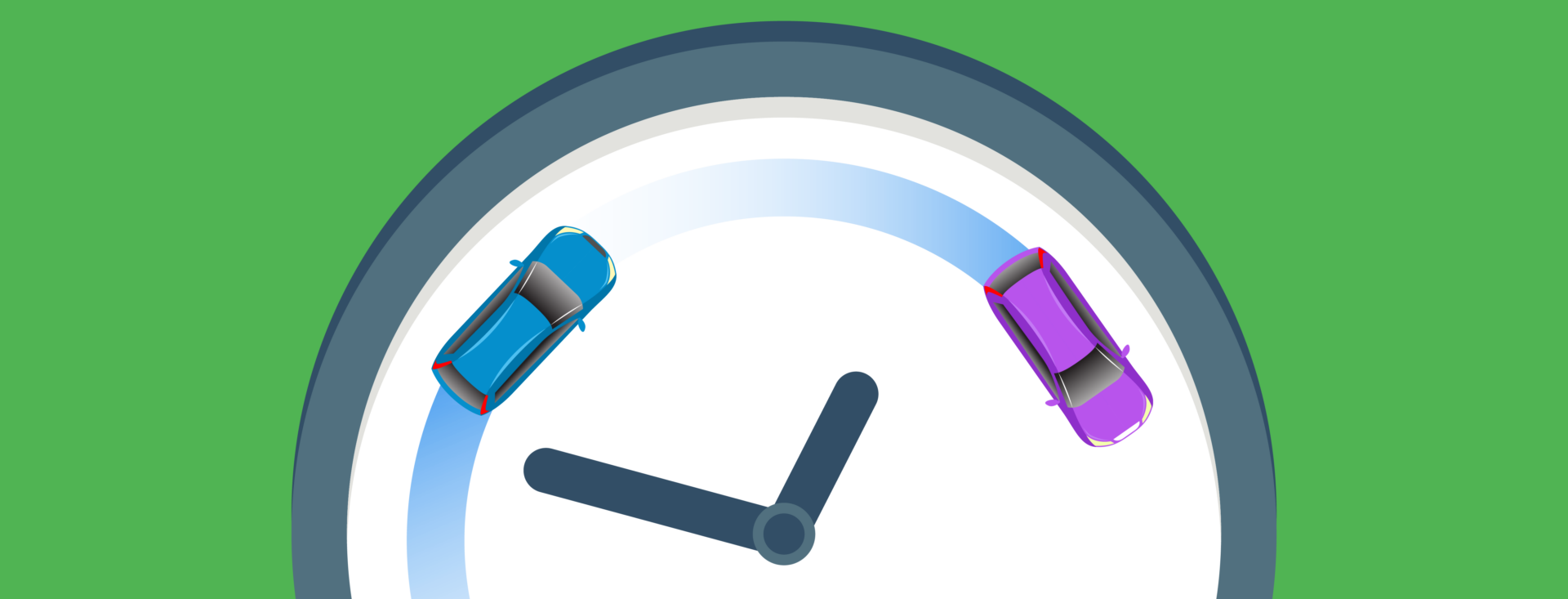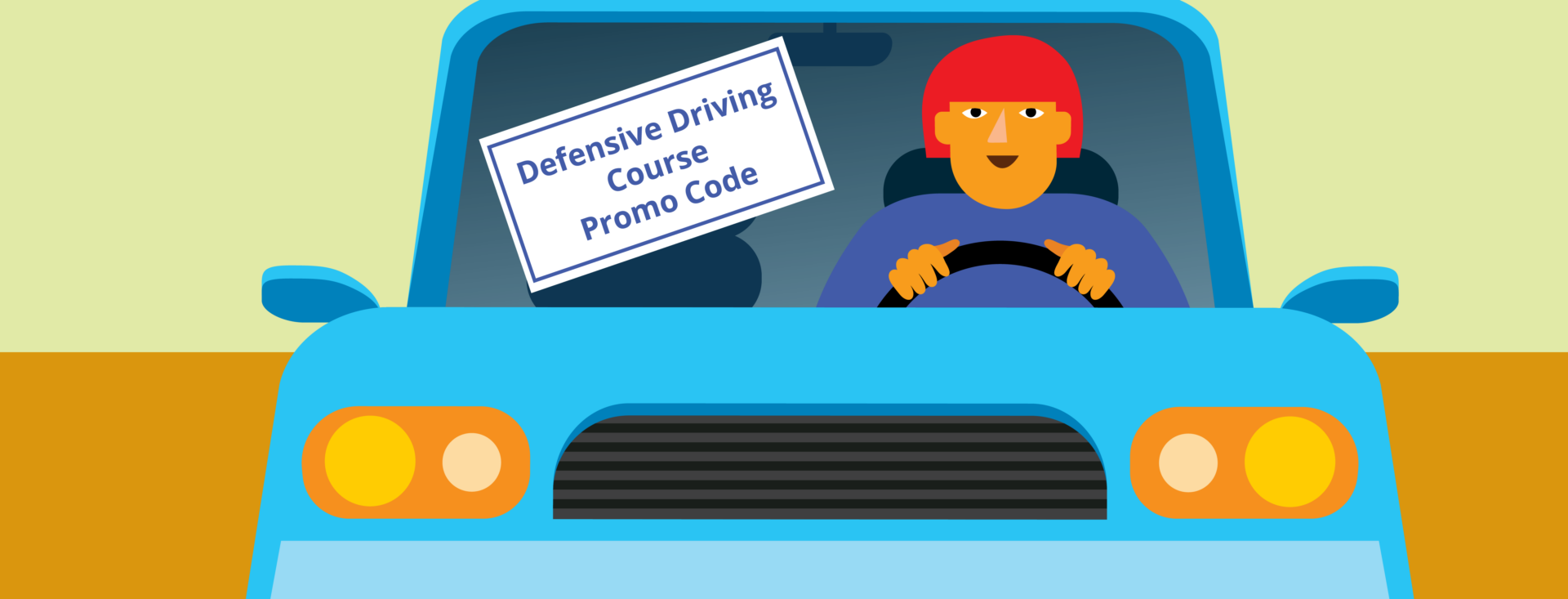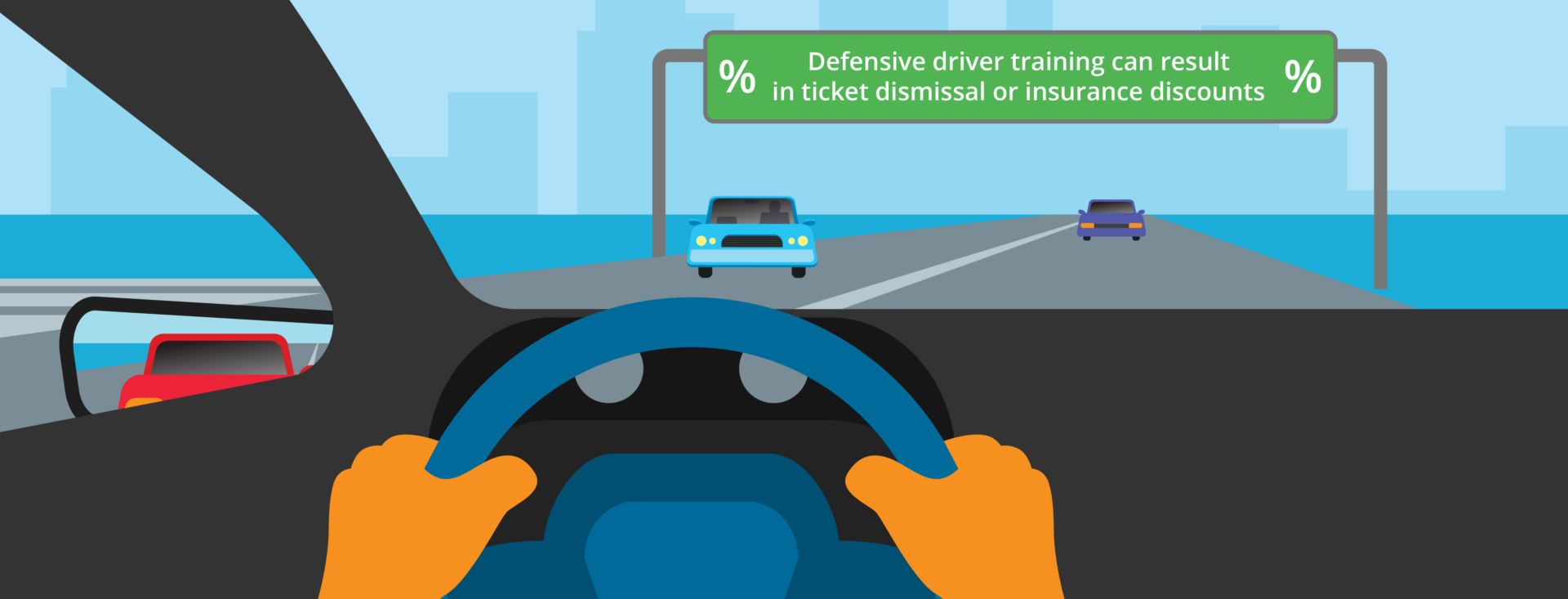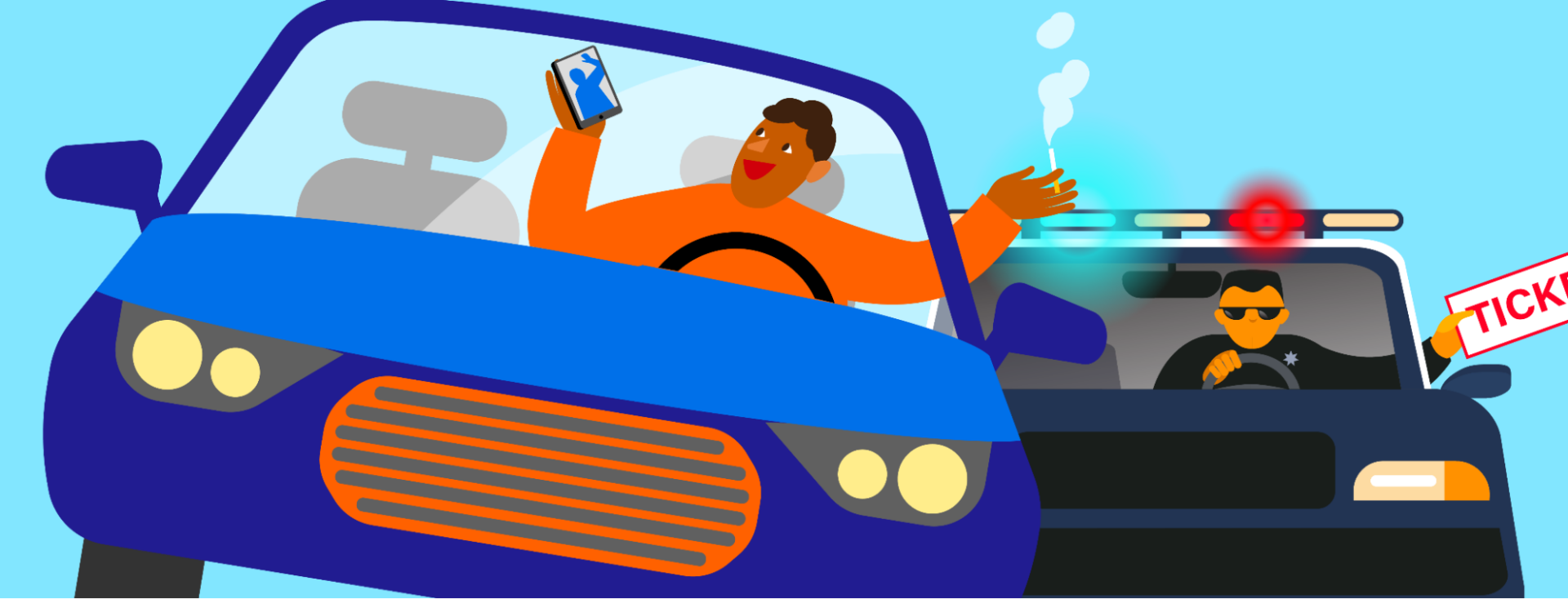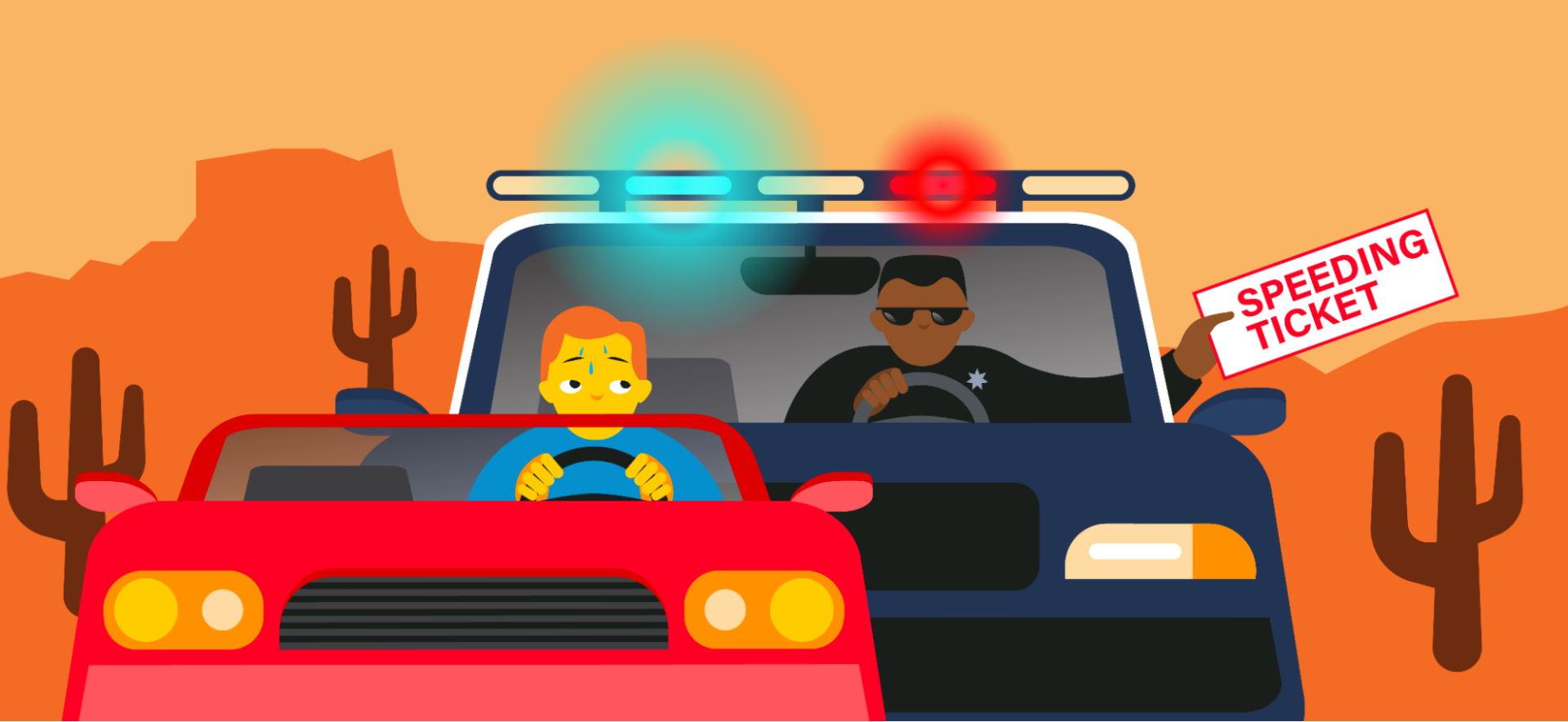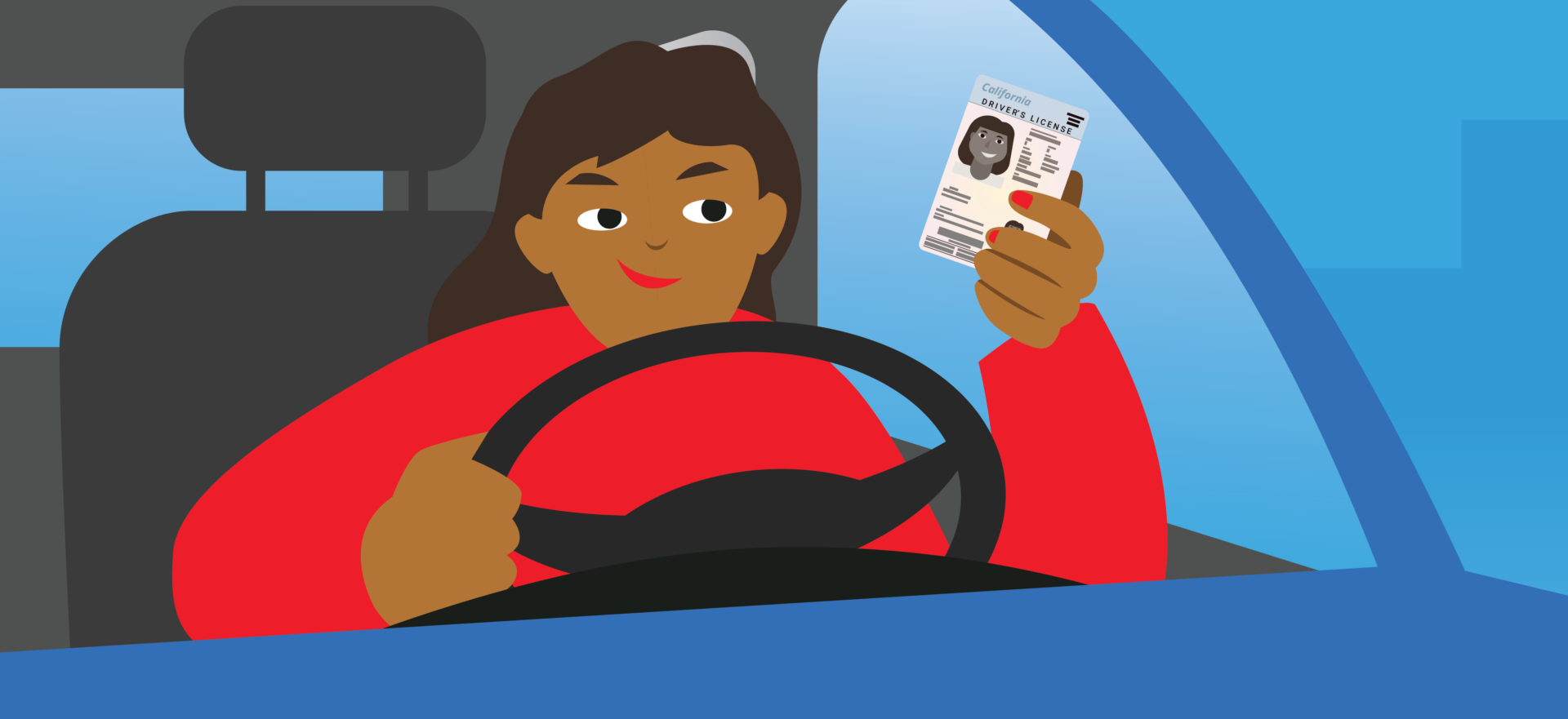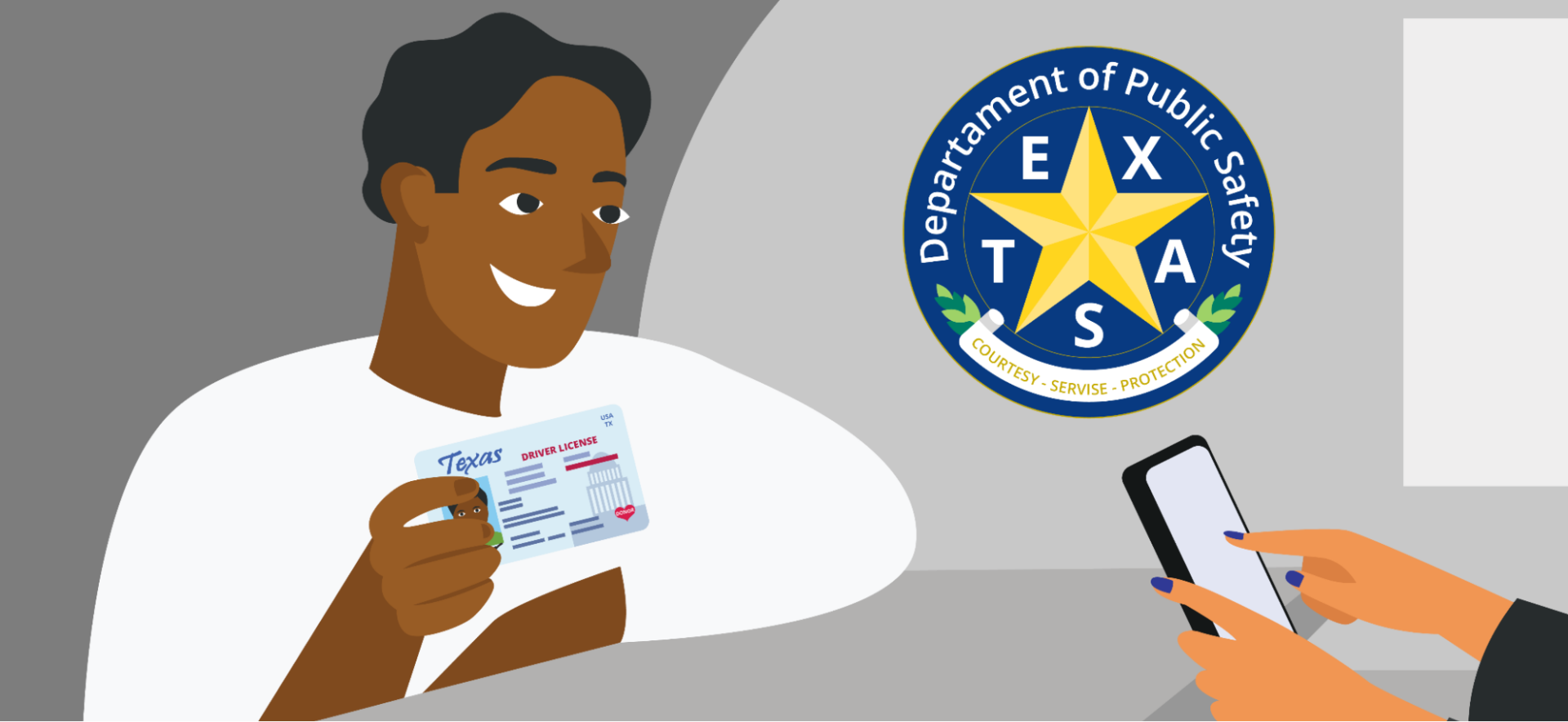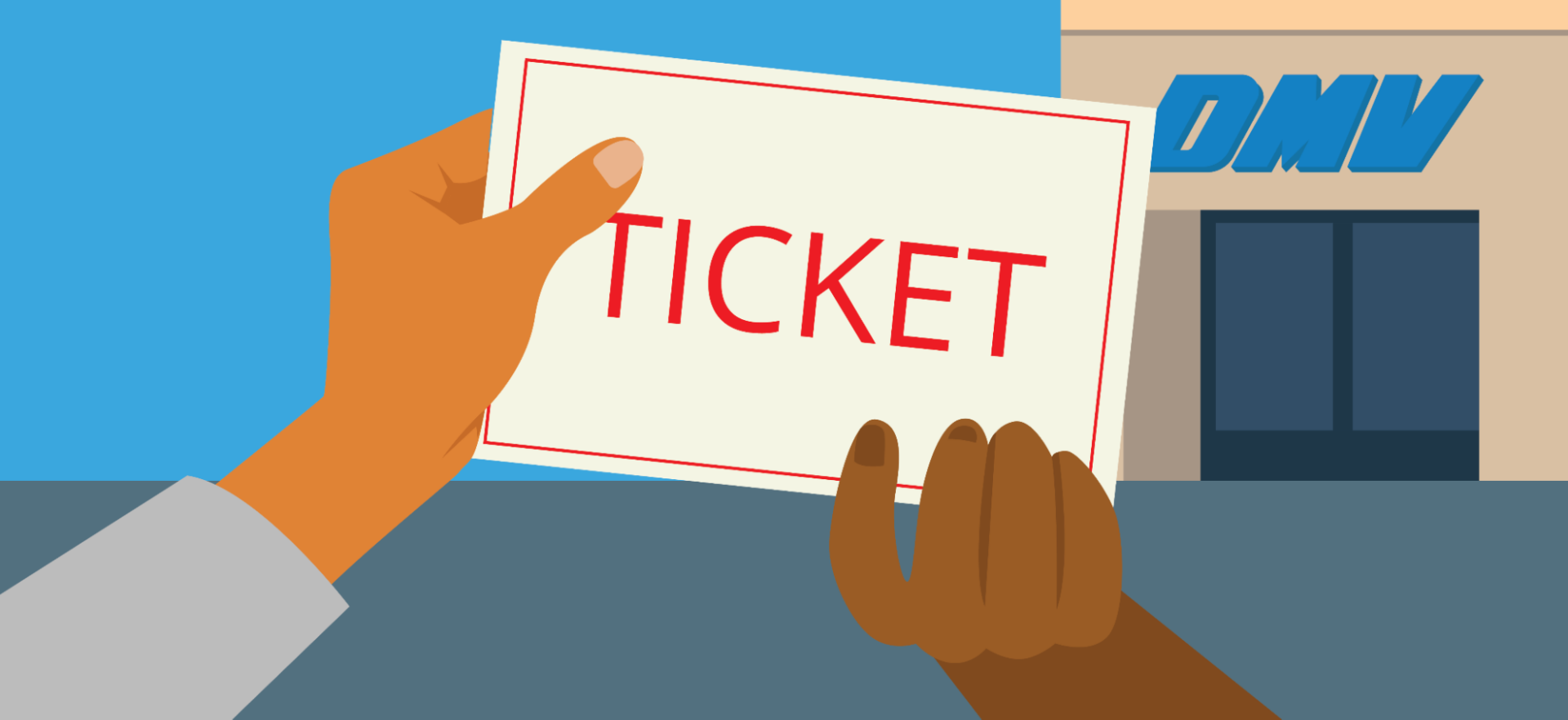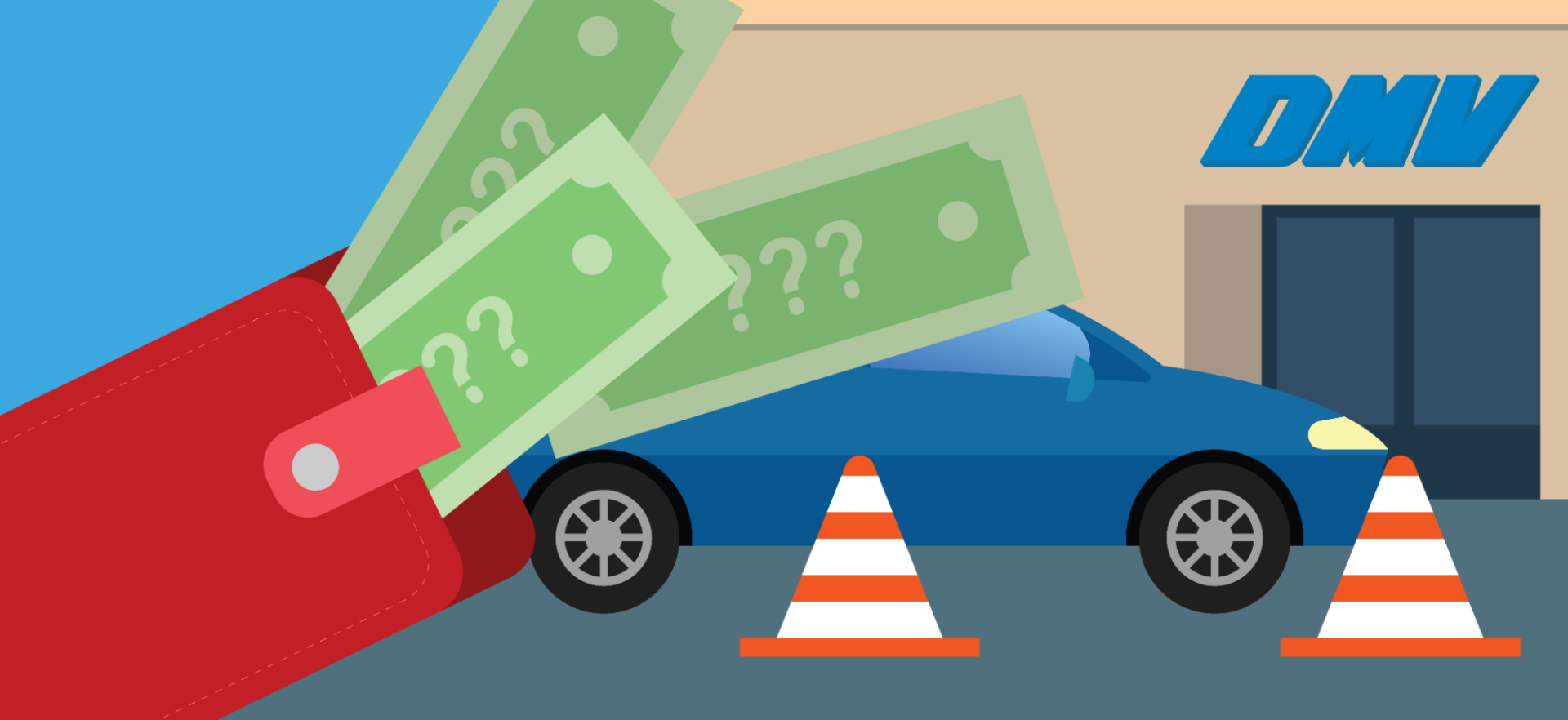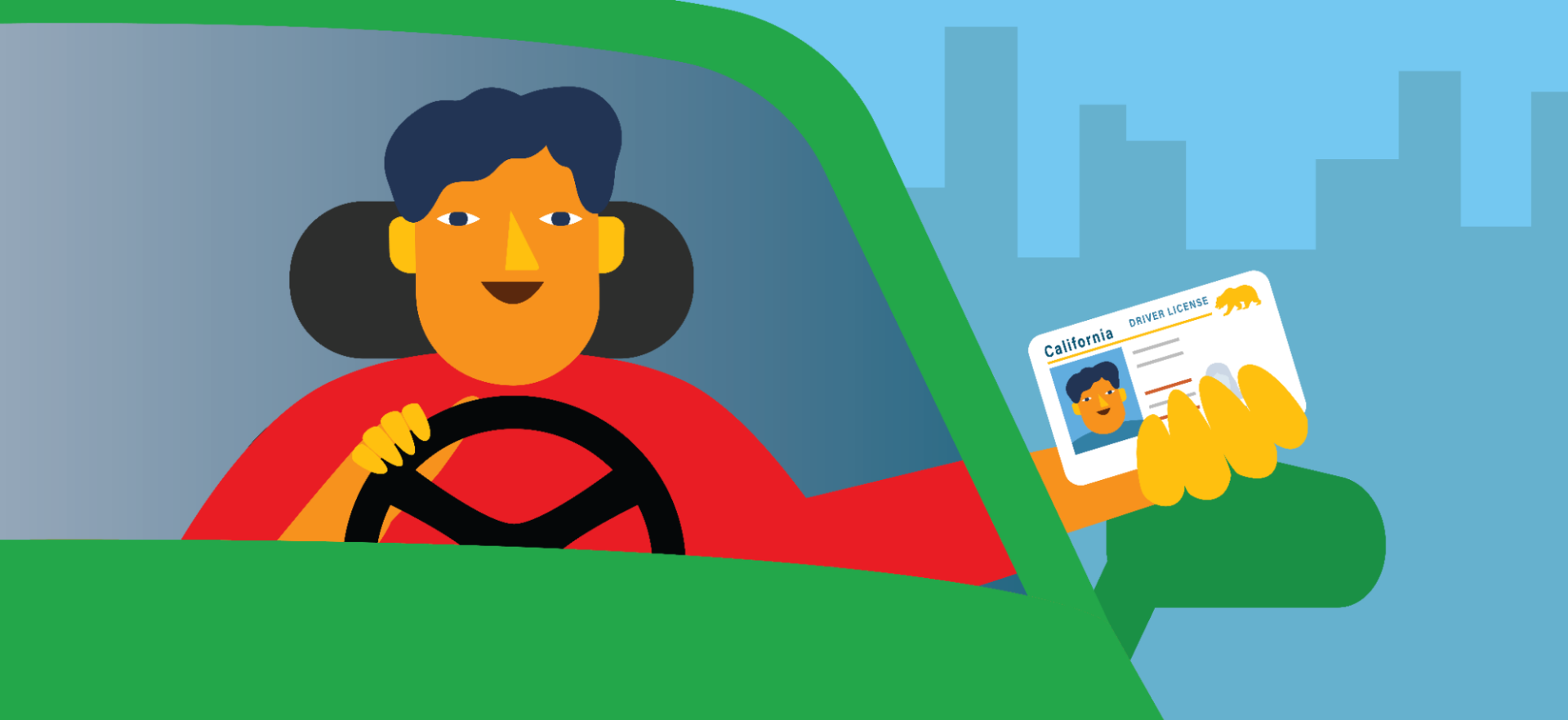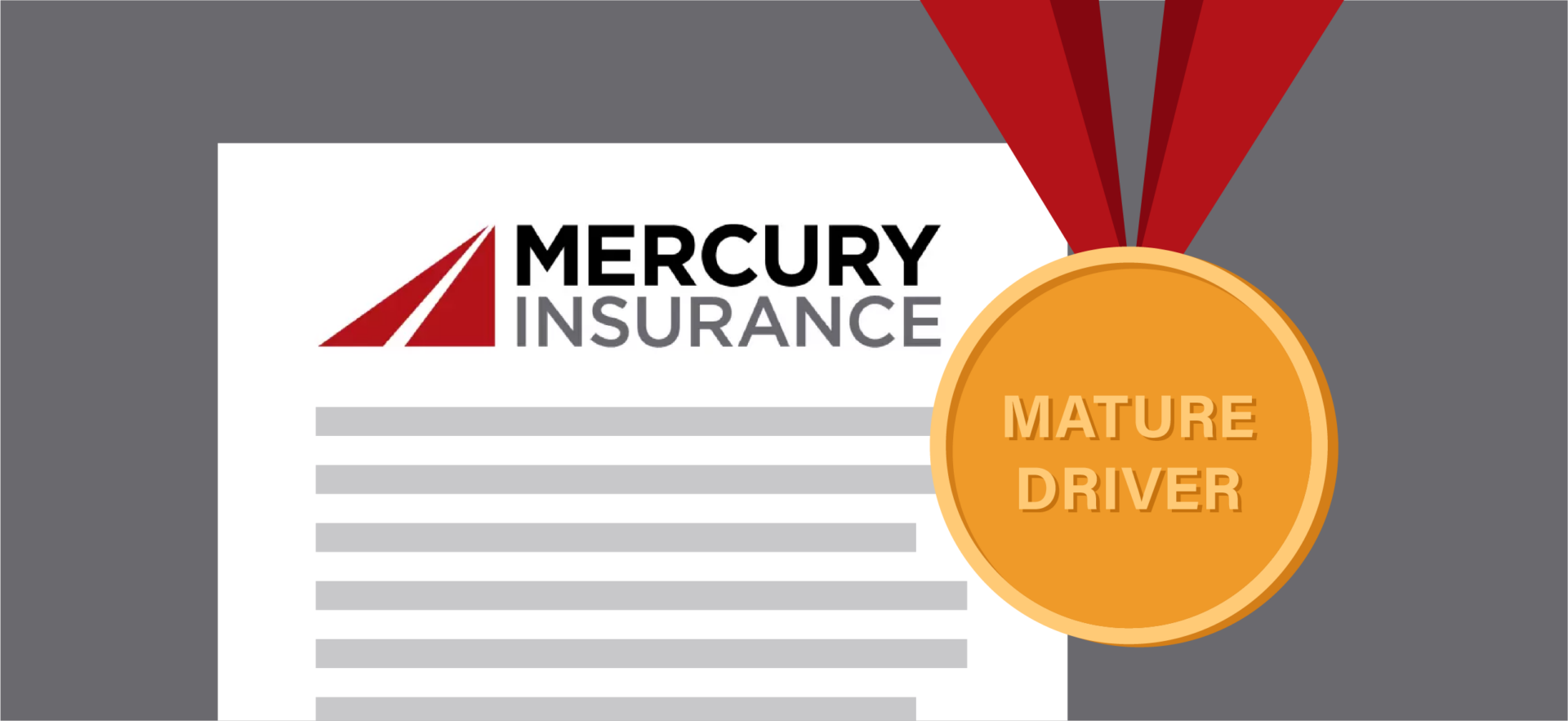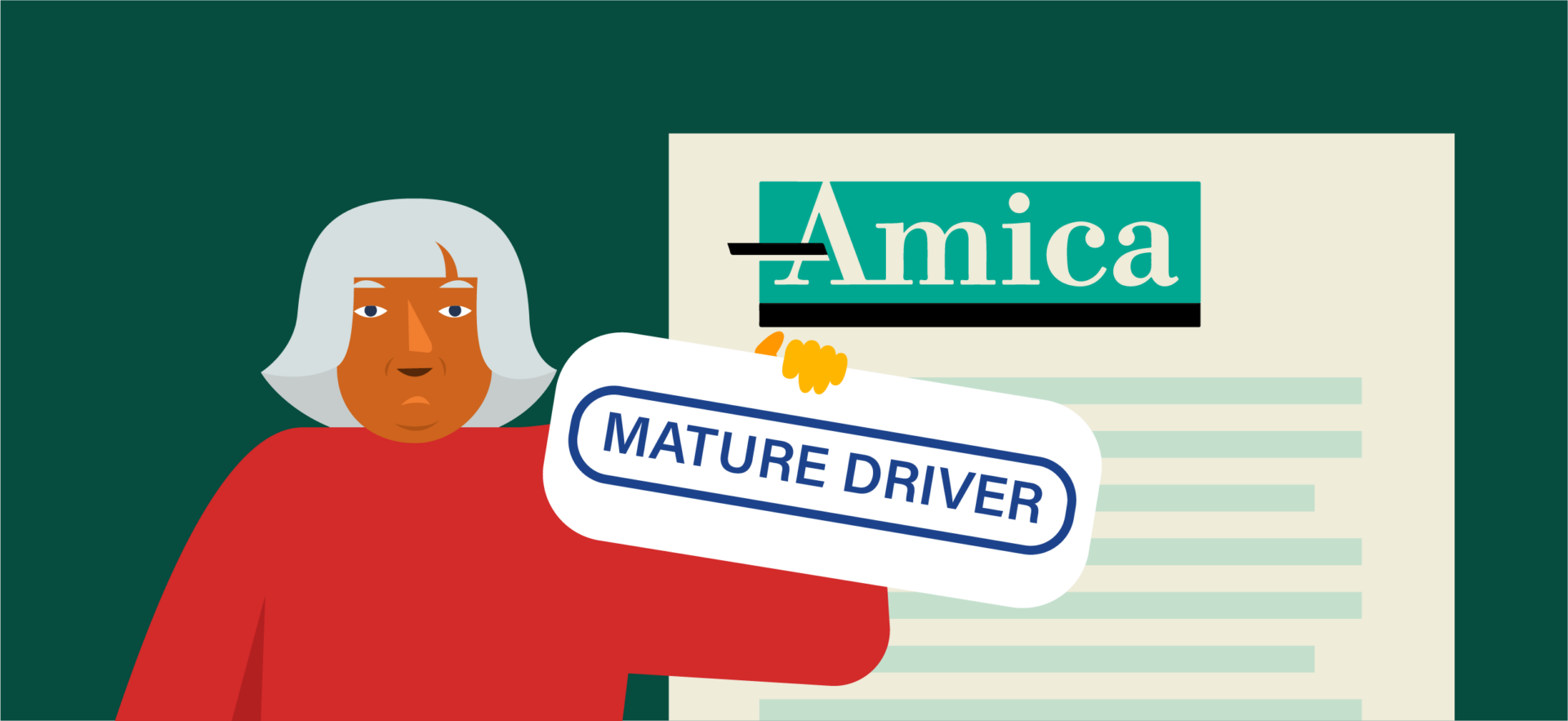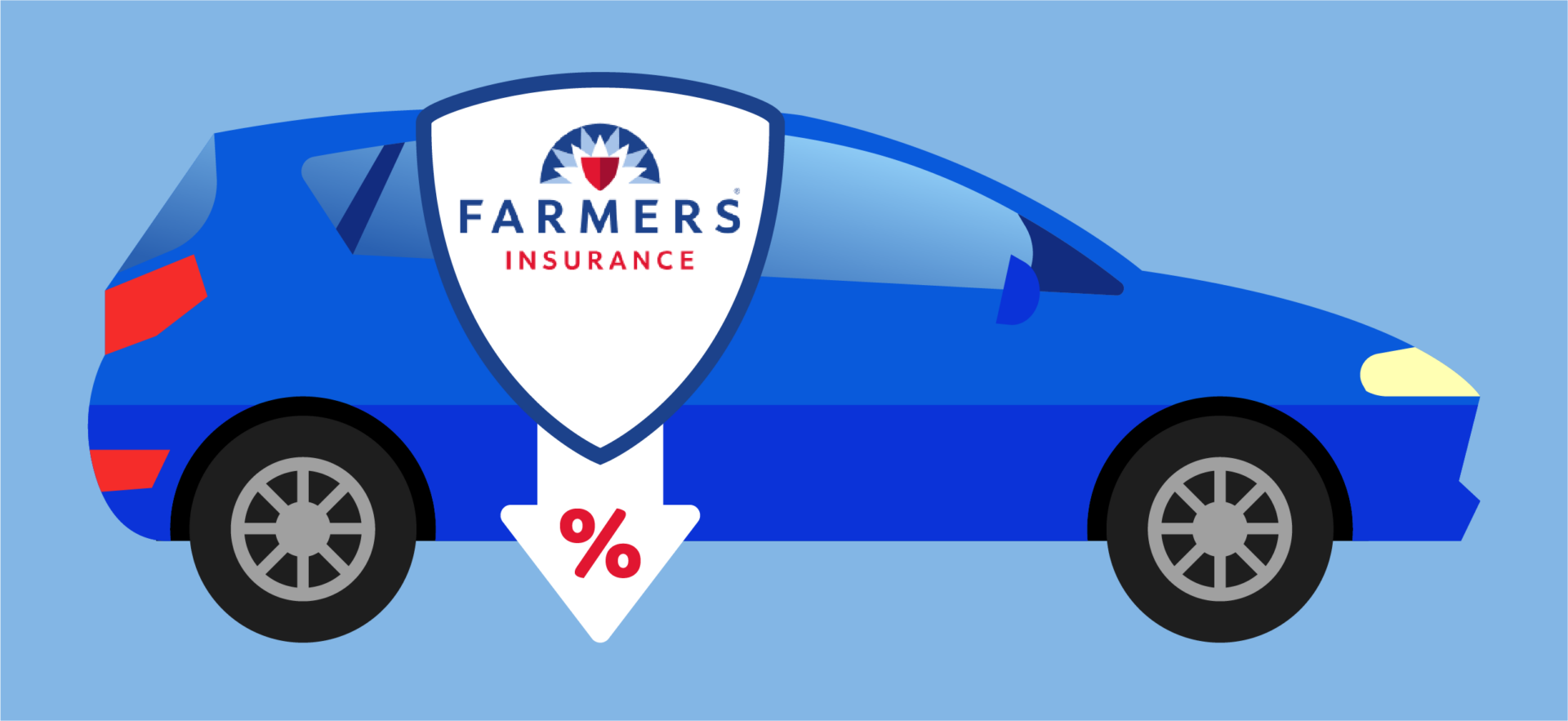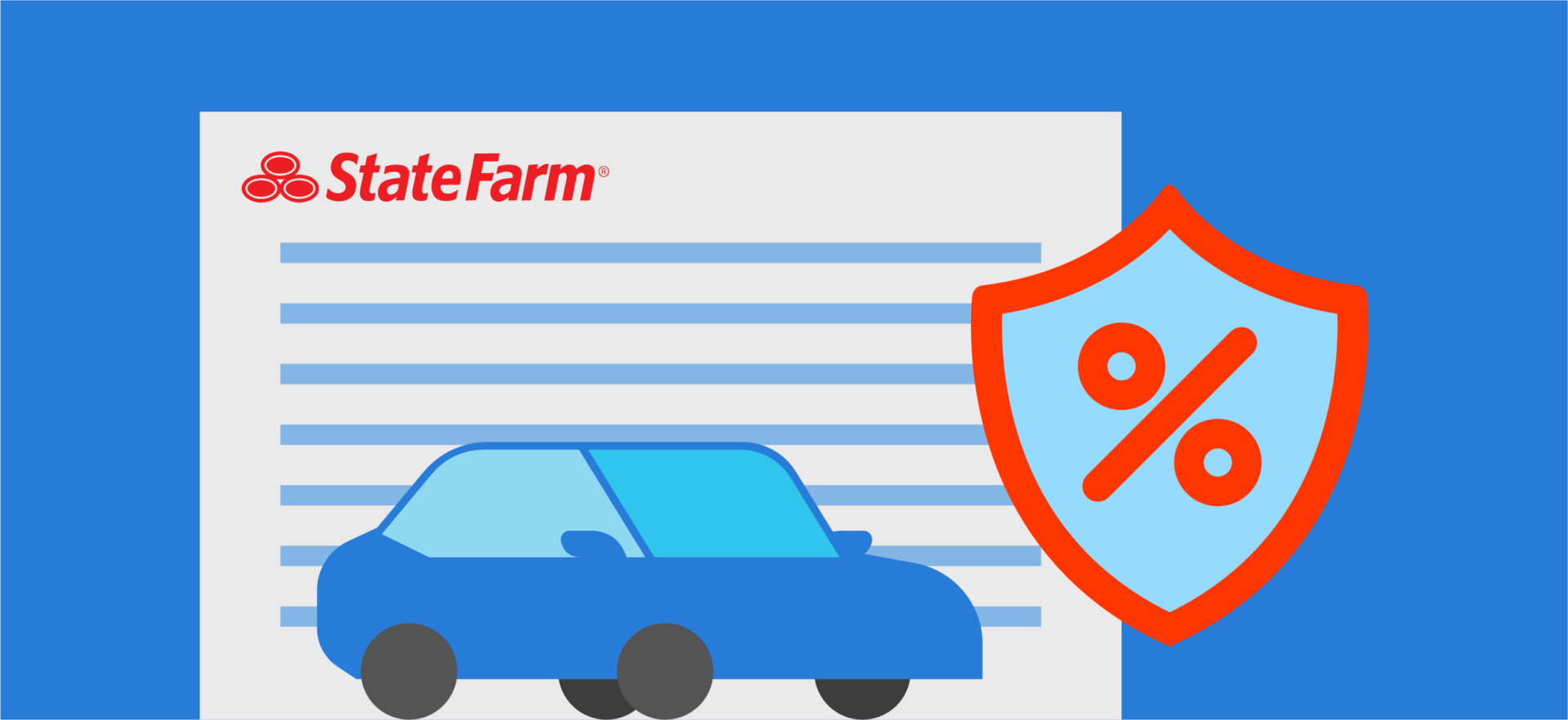Nevada is one of the few states that didn’t have speed limits until the mid-1950s. Today, the maximum speed in Nevada is 80 miles per hour on rural highways and 70 miles per hour on most other roads. Failure to obey these rules can lead to fines of up to $1,000, plus demerit points or even criminal charges.
If you’re a novice driver or someone visiting the state, you may not be familiar with Nevada’s speed limits. Or perhaps you simply need a refresher. Here’s how fast you’re legally allowed to drive – and when to slow it down.
Nevada Speed Limits: A Breakdown
In Nevada, speed limits are based on the location and type of road. Here’s an overview of the speed limits on the state’s roadways.
| Road Type | Speed Limit |
|---|---|
| Rural freeways | 65–80 mph |
| Urban freeways | 65 mph |
| Divided rural highways | 65–75 mph |
| Undivided rural highways | 55–70 mph |
| Business and residential areas | 20–30 mph |
| School zones (when active) | 15 mph |
| School crossing zones | 25 mph |
| Construction zones | Varies (often reduced by 10–20 mph) |
The law also requires drivers to slow down at intersections, railroad crossings, near city parks, and in other special circumstances, such as in heavy traffic, bad weather, or low visibility. This principle, known as the basic speed law, applies in all states.
How to Know What the Speed Limit Is While Driving
Not sure what the speed limit is? The first thing you should do is look for speed limit signs, which are usually placed at entrances to residential areas or other locations where you need to change speeds.
These traffic signs are also posted every half mile on collector and arterial roads. If you don’t see a sign showing the speed limit, the default (“prima facie”) speed limit is 25 mph.
Another option is to use GPS apps like Waze or Google Maps, which display the speed limit for the road you’re on. However, these are not always accurate, especially near construction zones or on rural roads.
Lastly, remember to match your speed to the conditions. Even if the sign says 65 or 70 mph, you must slow down when the road is slippery or visibility is poor. Always prioritize safety over the posted speed limit.
Traffic school can help you keep a clean driving record, prevent insurance increases, and more!
A Brief History of Speed Limits in Nevada
Speed limits are strictly enforced in Nevada and most other states, but it hasn’t always been this way. In fact, Nevada and Montana were among the last states to put these restrictions in place and impose speeding fines.
Many people believe Nevada had no speeding limits. This isn’t exactly true. But the state had few speed restrictions, especially on rural roads. In 1974, Congress imposed a nationwide 55 mph speed limit due to the oil crisis. Nevada complied but issued only minor penalties to speeders. The federal mandate was repealed in 1995, allowing states to set their own limits. Since then, Nevada and 34 other states have raised speed limits to 70 mph or higher, with Nevada permitting up to 80 mph on some highways.
How Speed Limits Are Set in Nevada
Nevada’s speed limits are determined based on traffic data, engineering studies, road type, and other factors. According to a report by Clark County, the safest speed for a road is the speed at or below which 85% of drivers would normally travel. This approach acknowledges that 15% of people may drive unsafely for the conditions.
To determine the 85th percentile speed, engineers conduct traffic studies in real-life scenarios. As part of this process, they take into account factors like traffic volume, road width, and the number of driveways and lanes. Next, they set speed limits in five-mph increments (e.g., 25, 35, 45) for different types of roads based on the data collected.
For example, the speed limit on arterial streets in Clark County is set at 45 mph. Collector streets, on the other hand, allow a maximum speed of 35 mph, whereas all other streets have a 25-mph speed limit.
The 85th percentile speed rule is widely used across the U.S., not just in Clark County. However, each state and city applies it differently and may account for additional factors, such as crash data, community input, air pollution, and local initiatives for improving road safety.
Why Speed Limits Matter
Obeying the speed limit isn’t just about complying with the law but also about keeping yourself and other road users safe. These limits are in place to prevent accidents, maintain smooth traffic flow, and deter reckless driving.
Between 2018 and 2022, speeding contributed to 452 fatal crashes and 505 deaths in Nevada alone. Nationwide, nearly one-third of road fatalities and 13% of traffic injuries in 2021 were speeding-related, according to the National Highway and Traffic Safety Administration.
Speed limits also contribute to pedestrian safety. Evidence shows that nine out of 10 pedestrians will lose their lives when hit by a car driving 40 mph. At 20 mph, nine out of 10 pedestrians survive the impact.
Given these figures, the best thing you can do is follow the rules. Driving within the speed limit gives you better control of your car, allowing for a quicker reaction time to unexpected events. It also reduces the force of impact in case of a crash, which may lower the risk of severe injuries or death.
Caught Speeding in Nevada? Here’s What to Do
No matter how cautious you are, you can still find yourself speeding due to mental fatigue, stress, or distractions. Here are your options if you get pulled over and receive a Nevada speeding ticket.
Pay the Fine
In Nevada, speeding fines vary from $200 to $1,000 or more. You can pay online, in person, or by mail before the due date on your ticket. This option is quick and convenient, but the demerit points will go on your record and bring you closer to license suspension.
Fight the Ticket
If you believe you have a strong case, you can plead not guilty and request a trial. For example, you may be able to prove that the speed limit sign was obscured or missing. Be prepared to gather evidence, find witnesses, and build your defense. You could also hire a traffic lawyer to increase your chances of having the ticket dismissed.
Go to Traffic School
With this option, you’ll plead guilty, pay the fine, and take a traffic safety course to remove three points from your record. Nevada traffic school is available to drivers charged with minor offenses, such as exceeding the speed limit by up to 40 mph.
Check your Nevada traffic school eligibility with the court, then look for DMV-approved course providers. For instance, our traffic school is licensed by the DMV and accepted by all state courts. Upon registration, you can study online at your own pace from any device and pay only after the course is over.
Pay a Demerit Point Reduction Fee
Depending on the jurisdiction, the judge may allow you to pay a demerit point reduction fee instead of attending traffic school. Eligibility criteria vary from one court to another, but generally, you must hold a valid non-commercial driver’s license and must not have committed any traffic offenses in the last 36 months.
After you pay, the court will knock the charge down to a non-moving violation, meaning no points will be added to your record. The downside is that very few counties offer this alternative.
Consider your individual circumstances before choosing a course of action. If you’re charged with a more serious offense like reckless driving and have your license suspended, it may make sense to contact an attorney and fight it in court.
However, you may be better off attending traffic school for minor moving violations, like a 15-mph speeding ticket. Nevada traffic school costs less than $50 (that’s much cheaper than legal services!) and takes just five hours to complete. (See: How Long Is Traffic School in Nevada?)
Why Choose Traffic Safety Institute?
Our Nevada traffic school offers a five-hour course covering defensive driving, right-of-way rules, speed limits, and related topics. The learning materials are engaging and user-friendly, with easy-to-follow modules, interactive quizzes, and practical examples.
The best part? You can complete the course in one sitting or over several sessions based on your schedule. Our system will save your progress, so you can log in and out whenever you want.
To make things even easier, we provide 24/7 live chat support and other perks, including:
✅ Open-book final exam
✅ Unlimited course retakes and test attempts
✅ Free audio read-along
✅ DMV reporting within 30 days
✅ Free copy of your electronic certificate of completion
✅ Our “Don’t Pay Until You Pass” Guarantee
Need one more reason to sign up? We charge an all-inclusive flat fee of only $19.99, which you’ll pay after passing the final exam.
Don’t let a speeding ticket cost you more than it has to. Start traffic school for free to keep your driving record clean and prevent license suspension.
FAQs about Nevada Speed Limits
Looking for more information about Nevada’s speed limits? Here are the answers to some frequently asked questions:
What is the maximum speed in Nevada?
The maximum legal speed limit in Nevada is 80 mph on designated sections of Interstate 80, such as the stretch between Fernley and Winnemucca. However, you must still adjust your speed based on road and weather conditions to stay safe and comply with the law.
Is a speed faster than 80 mph in Nevada legal?
No, it is not. Driving faster than 80 mph is a traffic violation that can result in fines, demerit points, or even jail time.
Can you go five miles over the speed limit in Nevada?
According to Nevada law, exceeding the speed limit by just five miles per hour can lead to a maximum fine of $200 and one demerit point. The fine amount doubles for speeding in school zones, work zones, or pedestrian safety zones.
What is the maximum speed in Vegas?
The maximum speed limit in Las Vegas is 70 mph, primarily on major highways like Interstate 15 and Interstate 215.
Is going over 100 mph a felony in Nevada?
Driving over 100 mph isn’t a felony but can result in reckless driving charges, license suspension, and jail time. The consequences are even more severe if you cause an accident while speeding.
